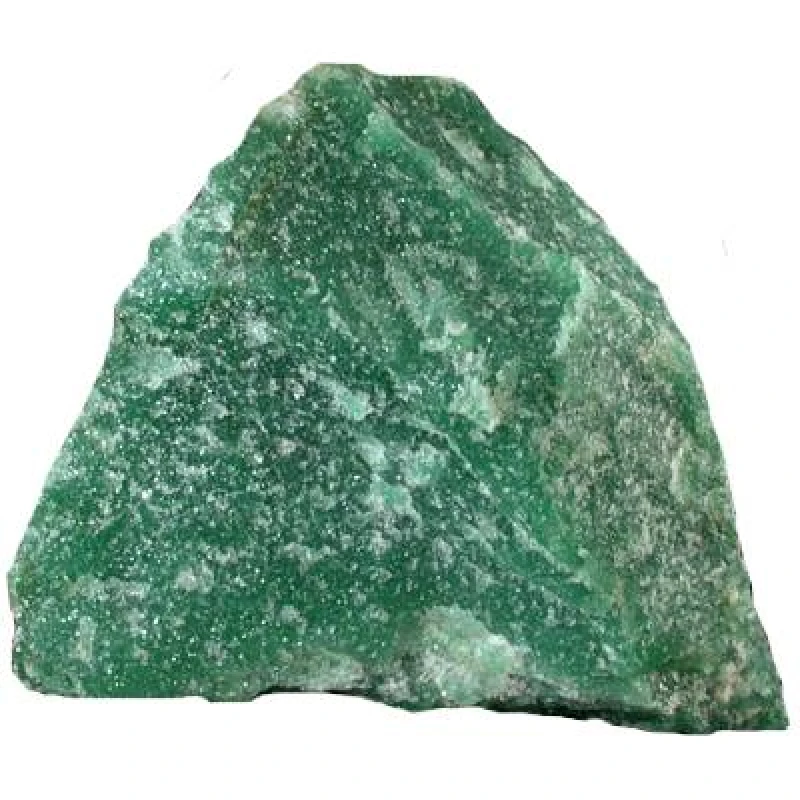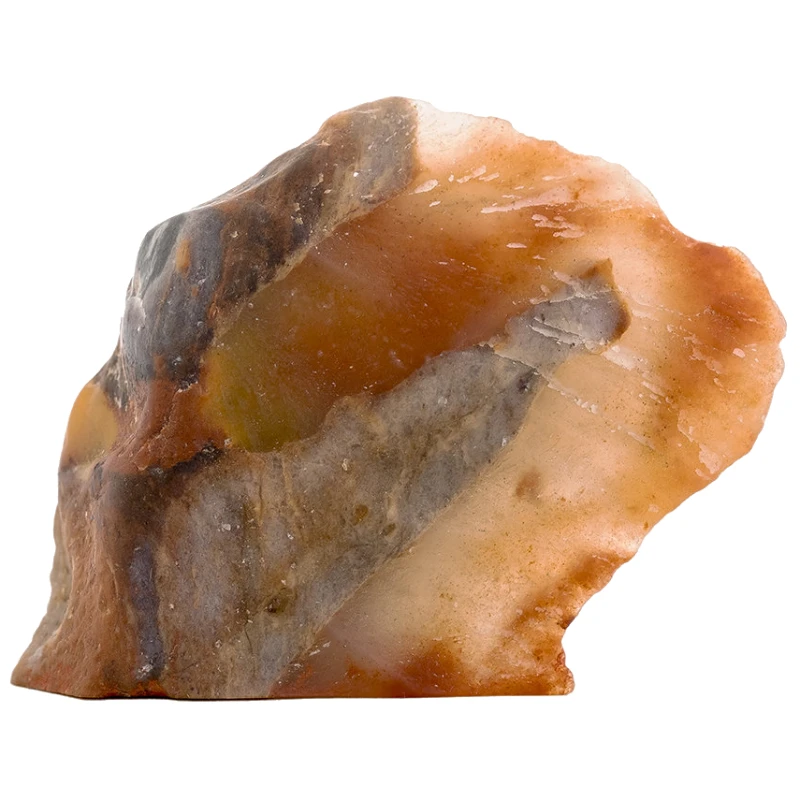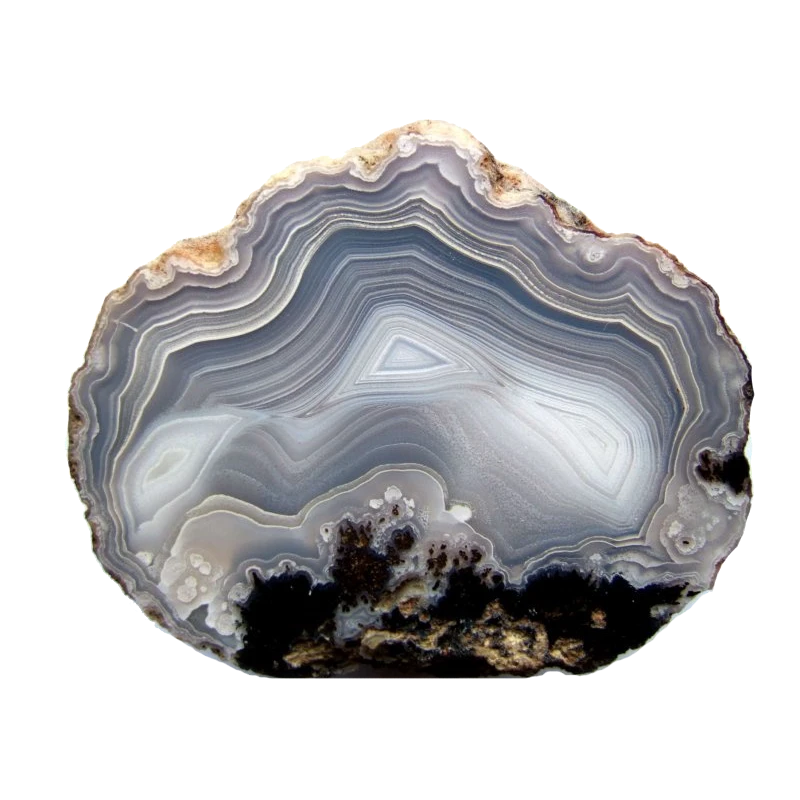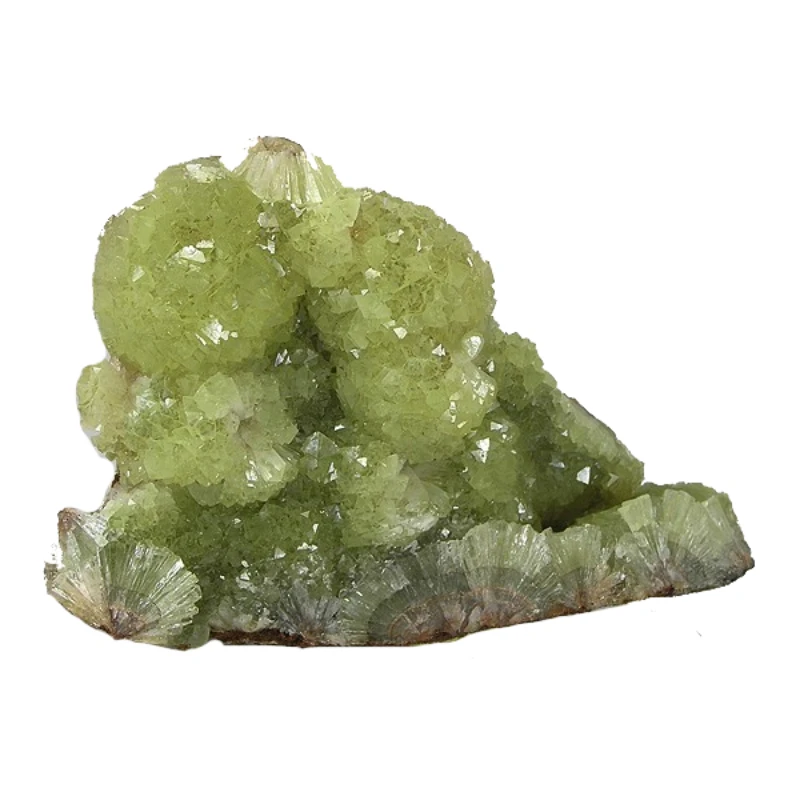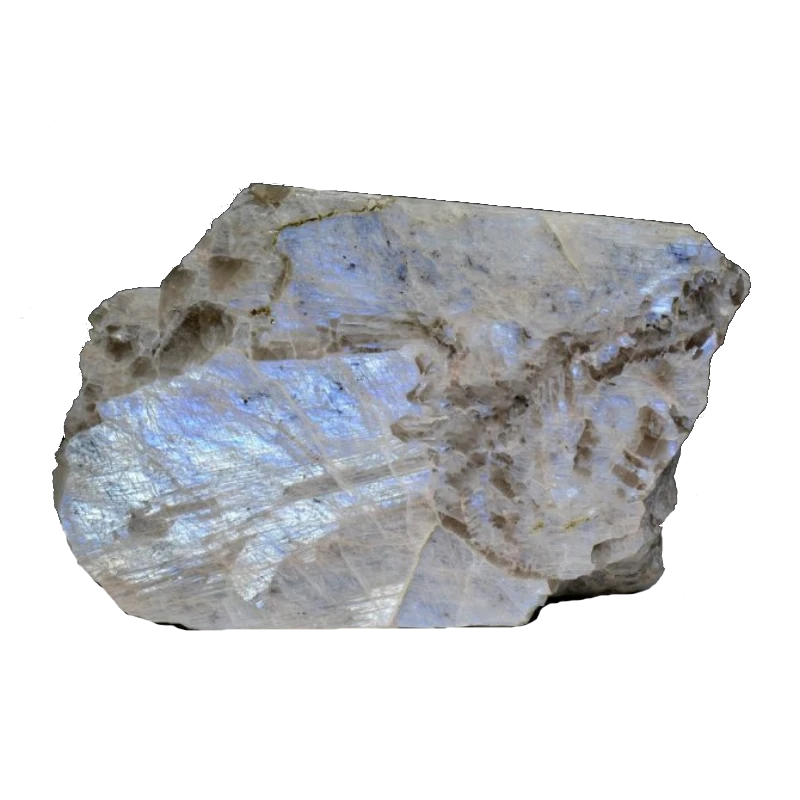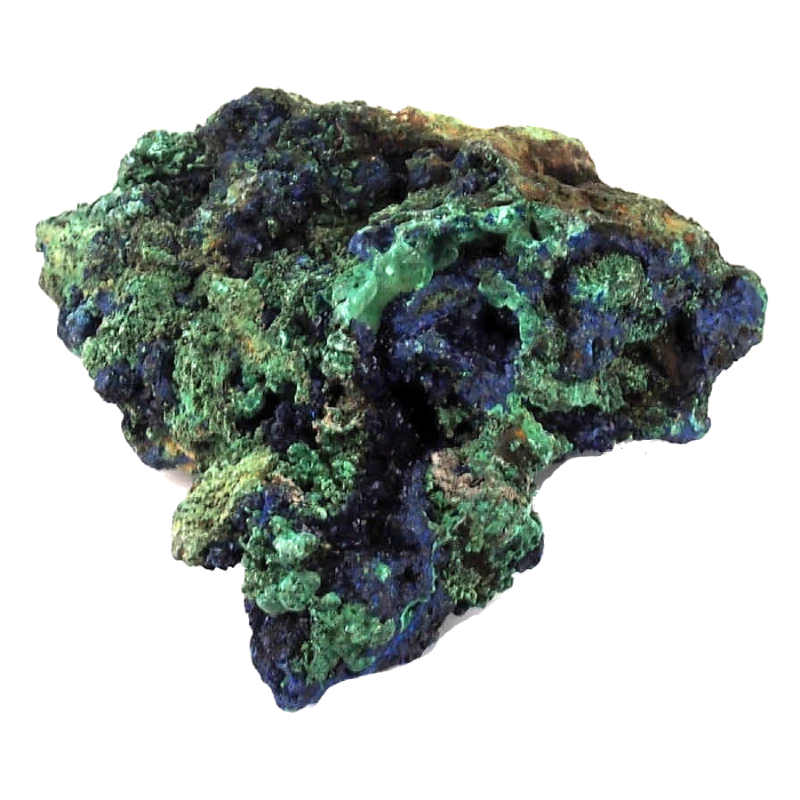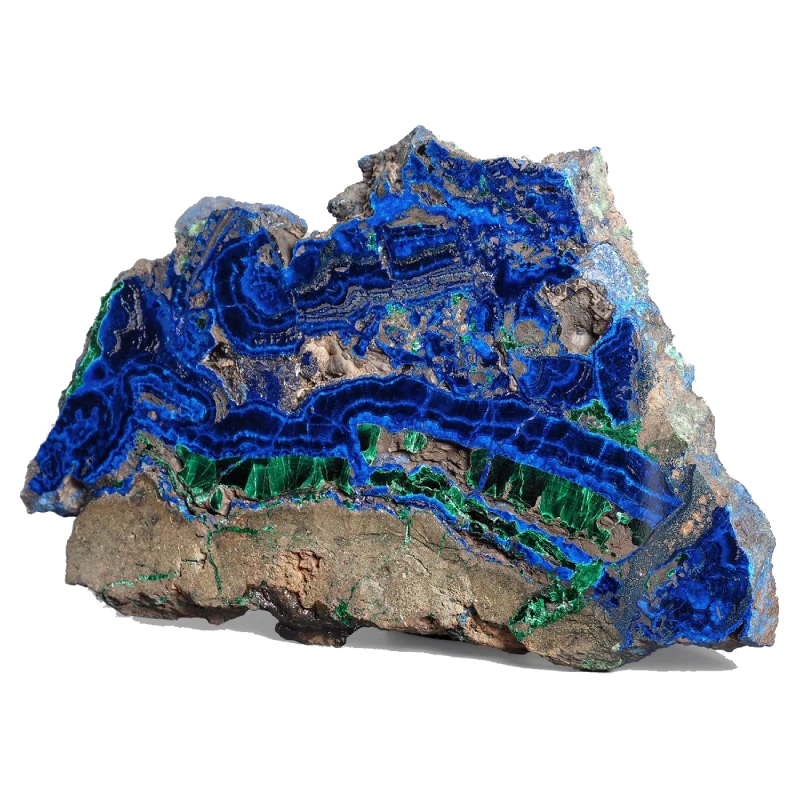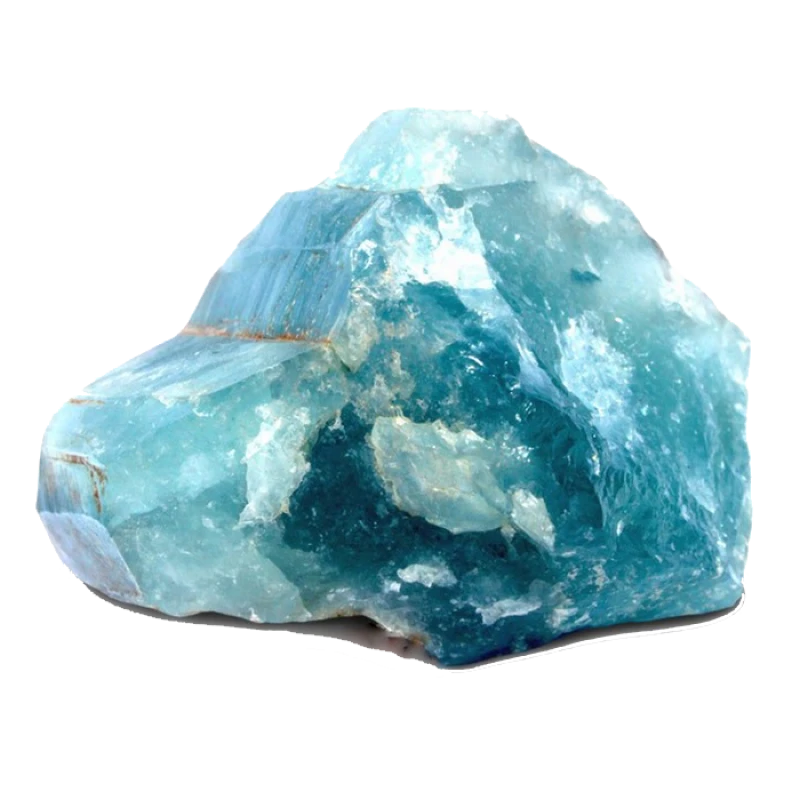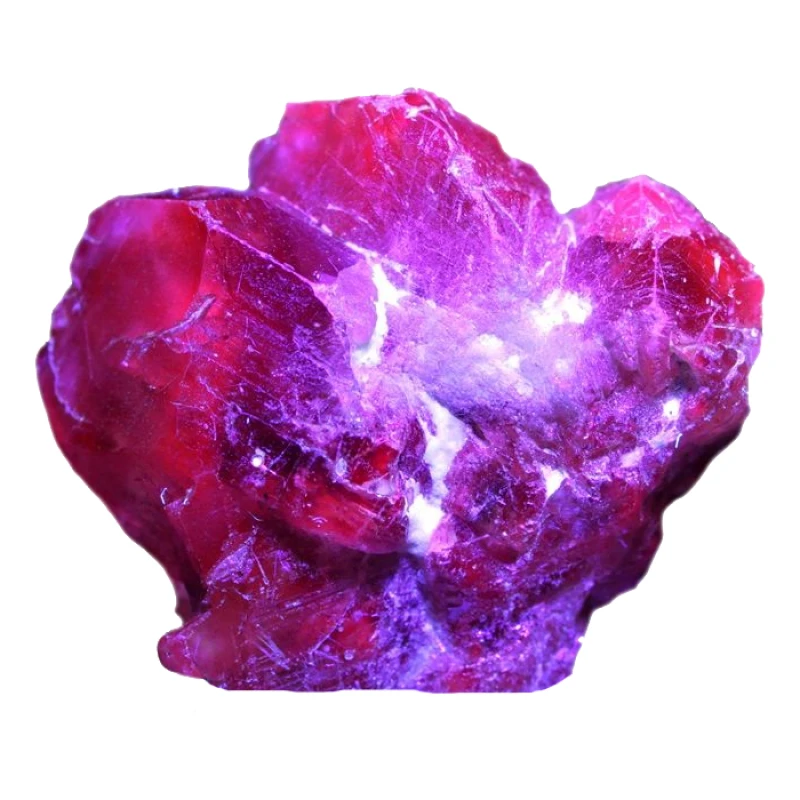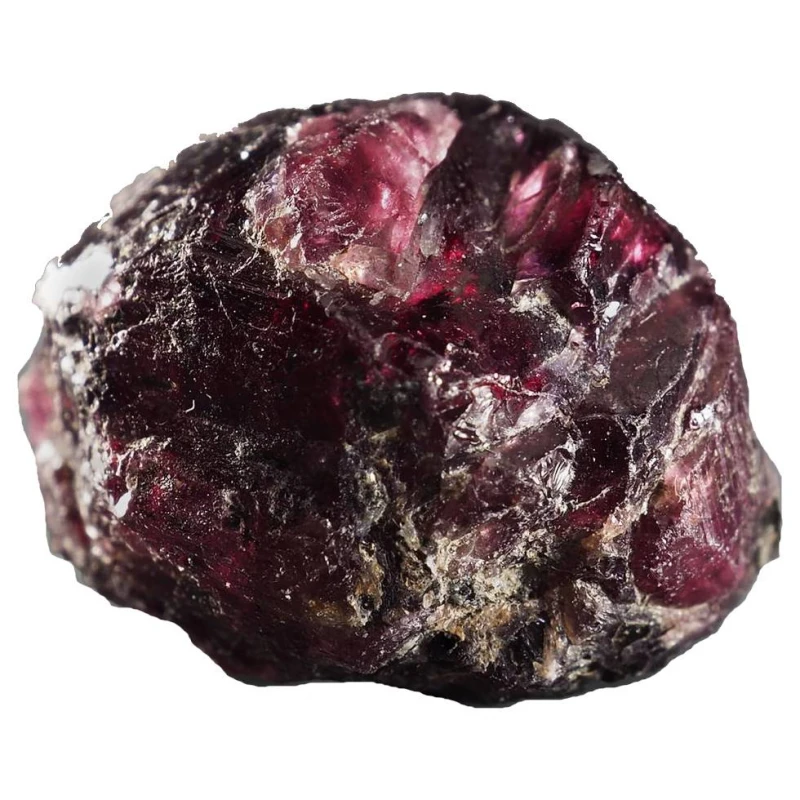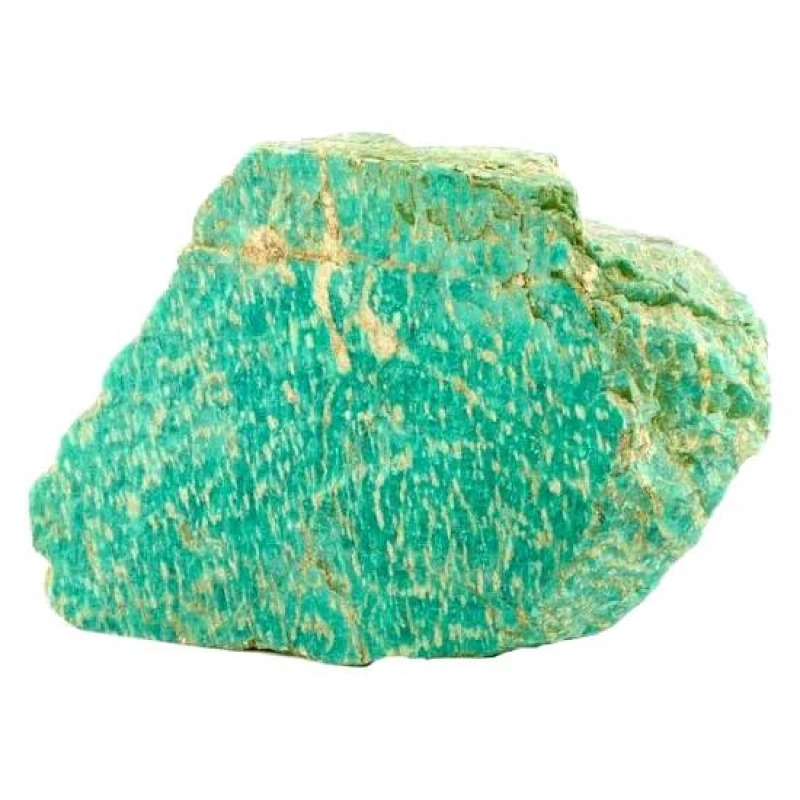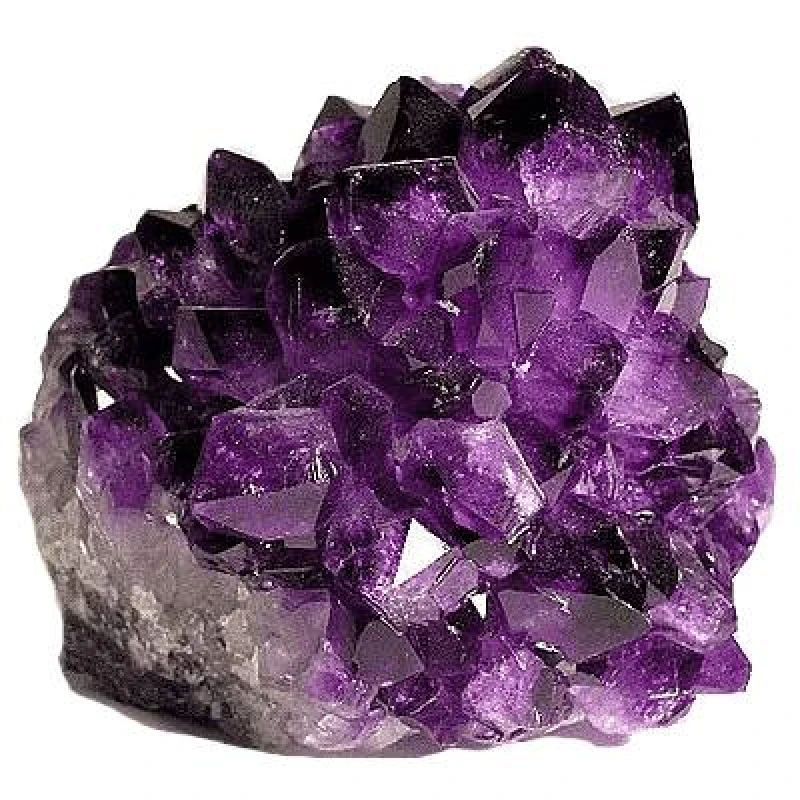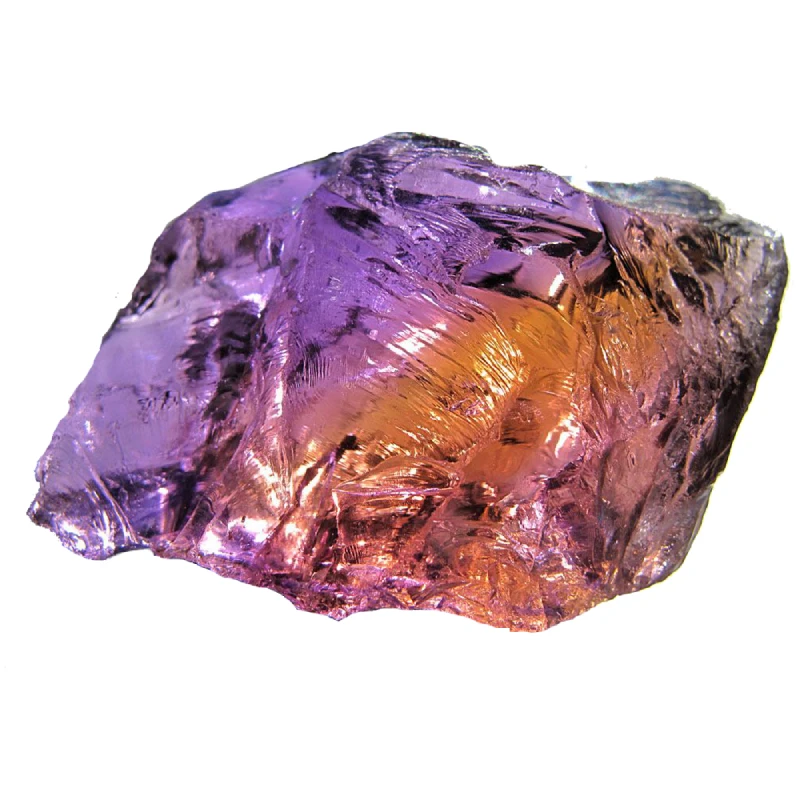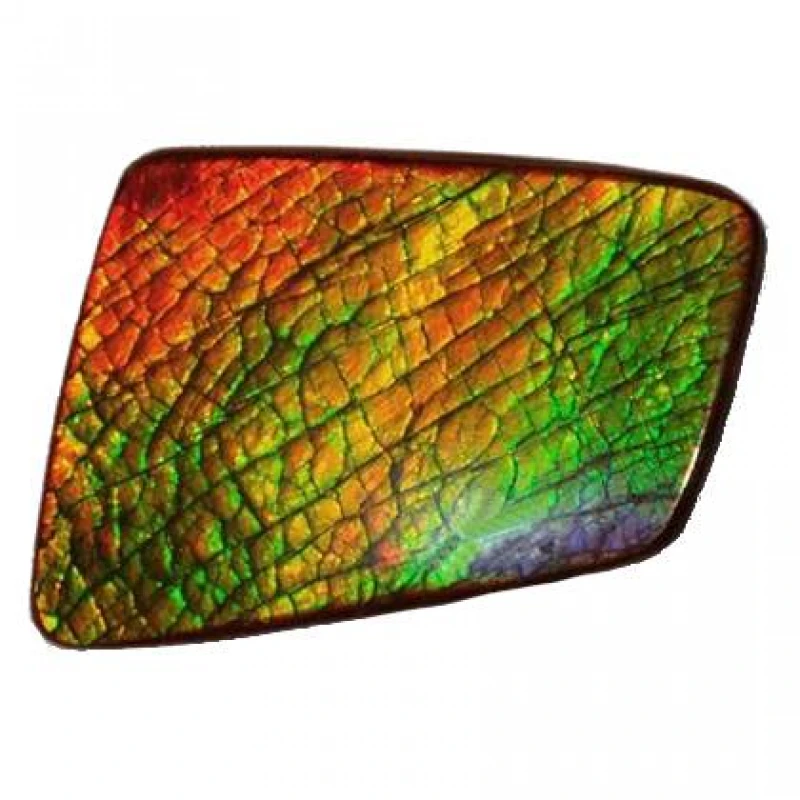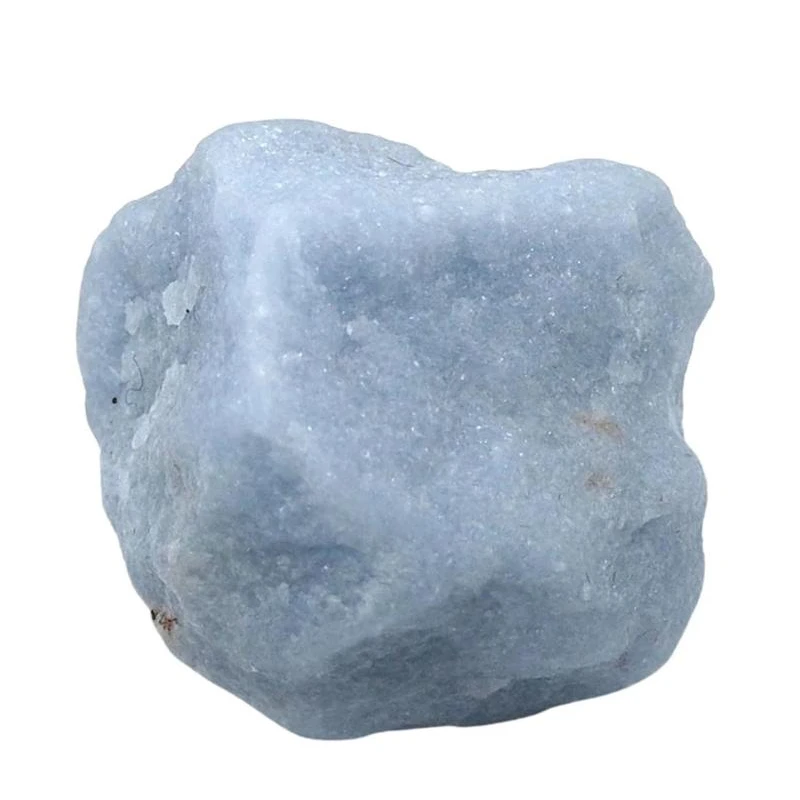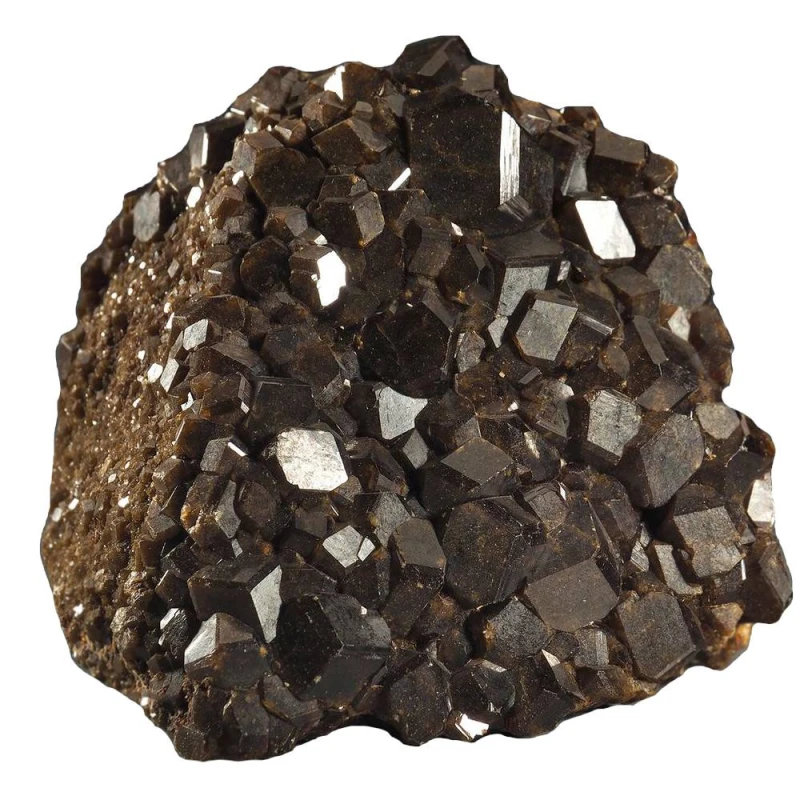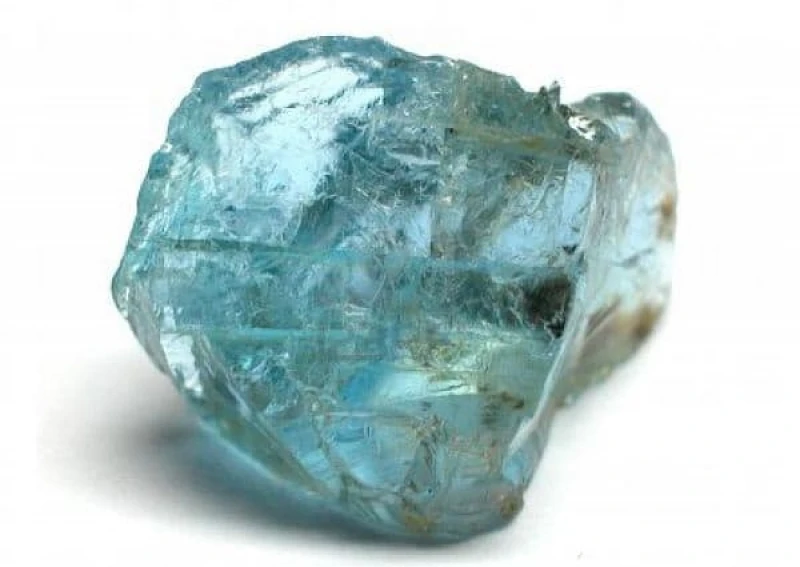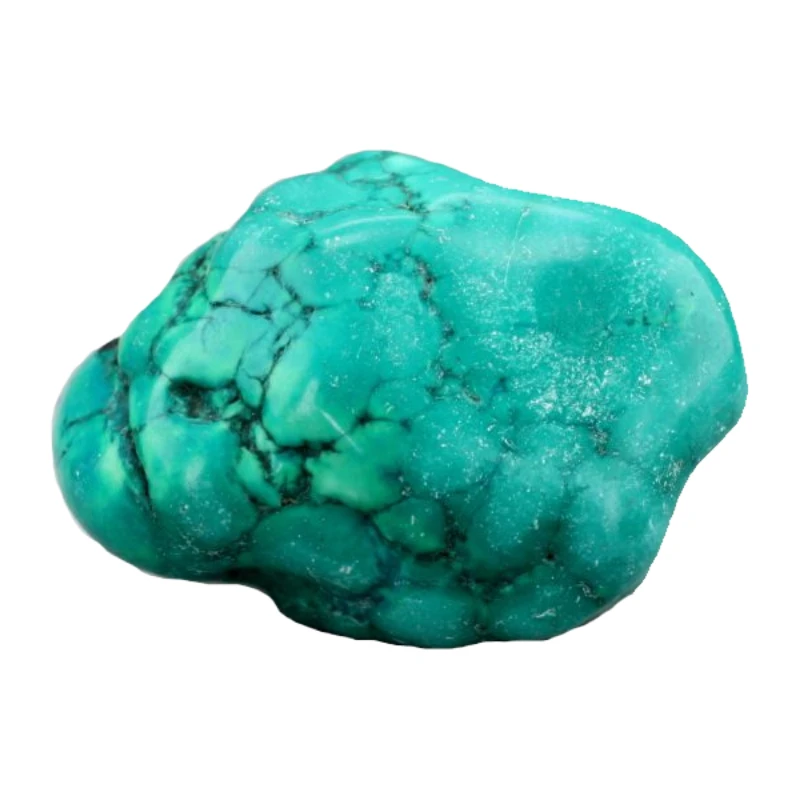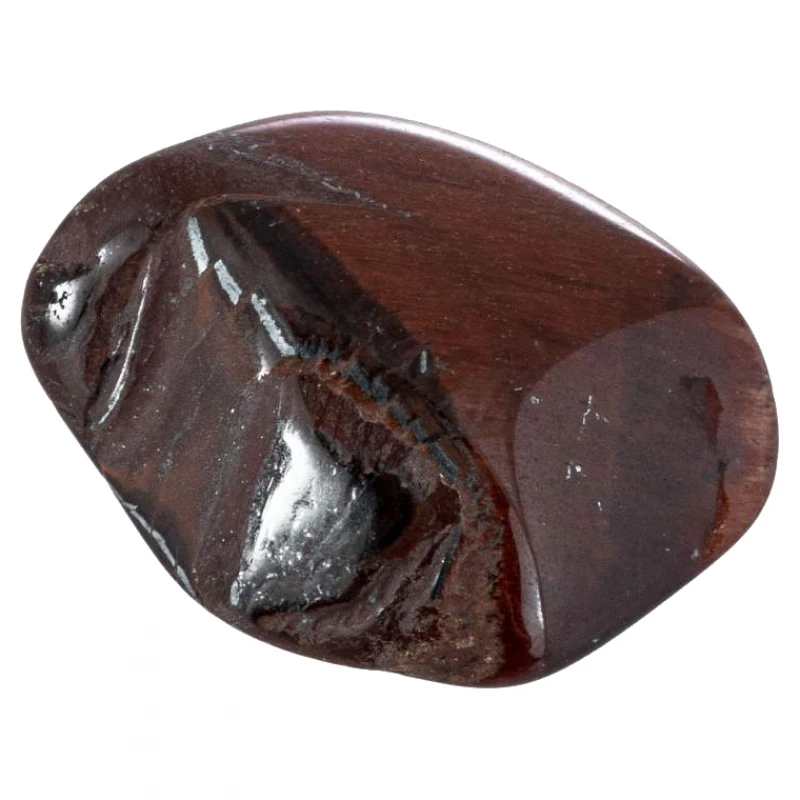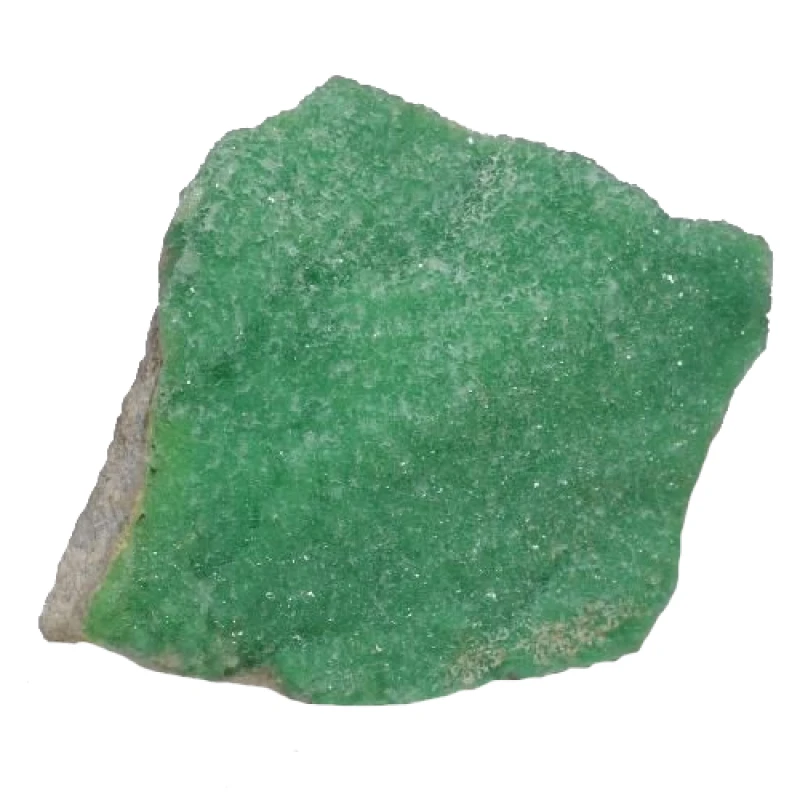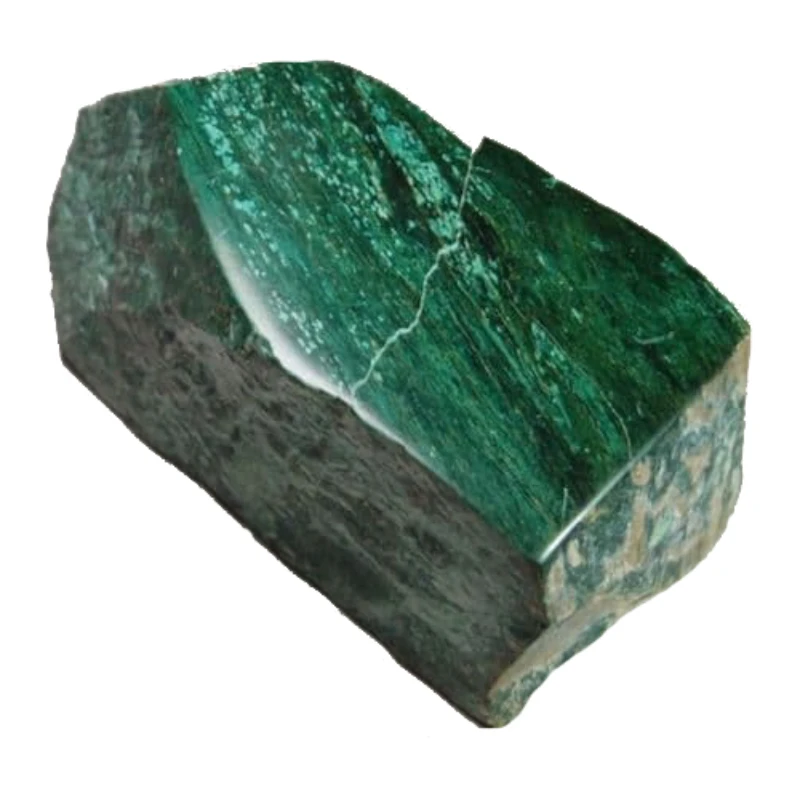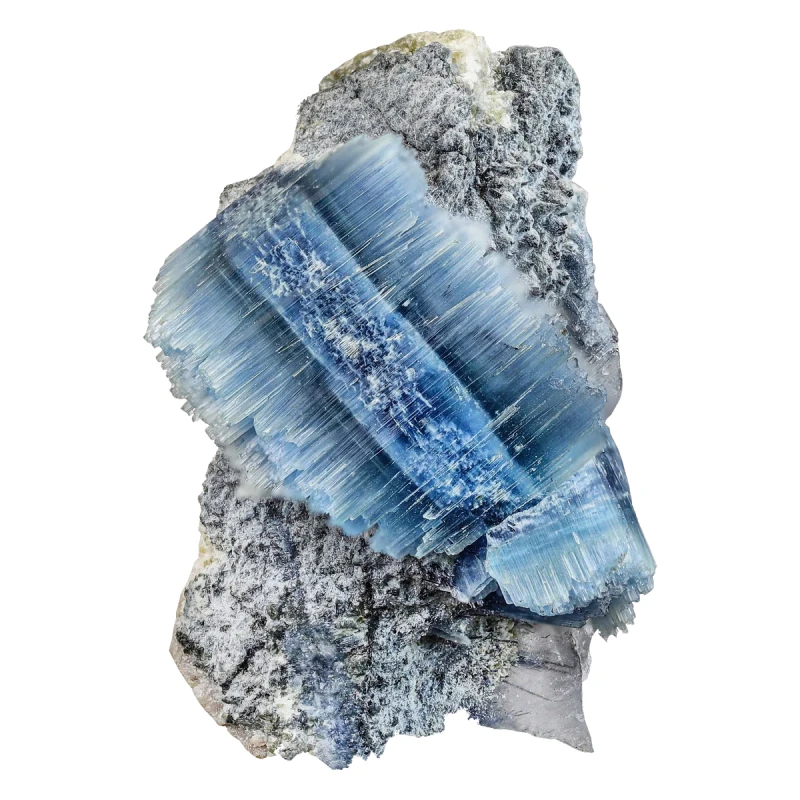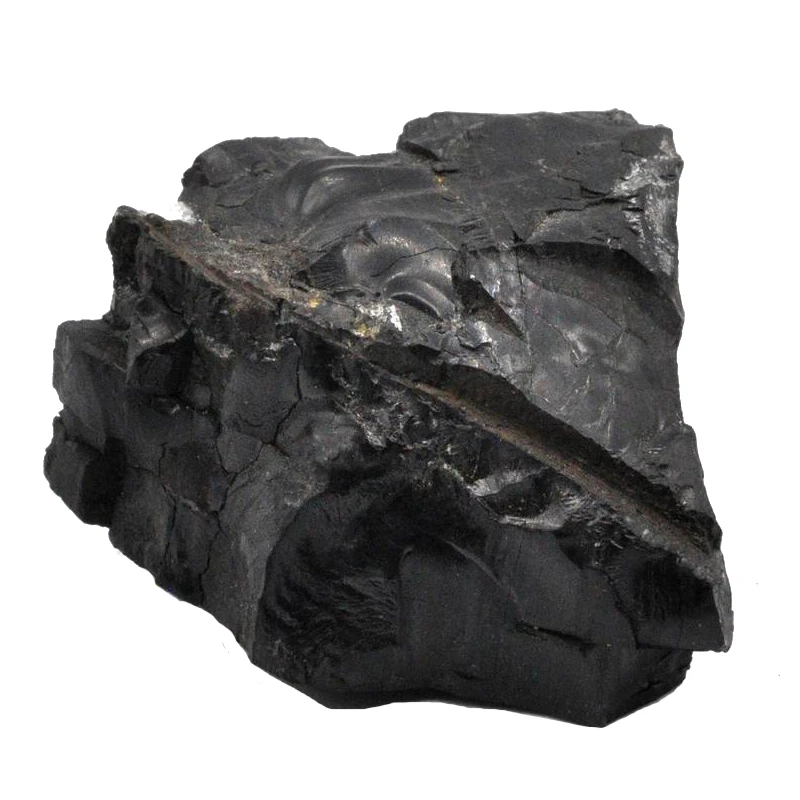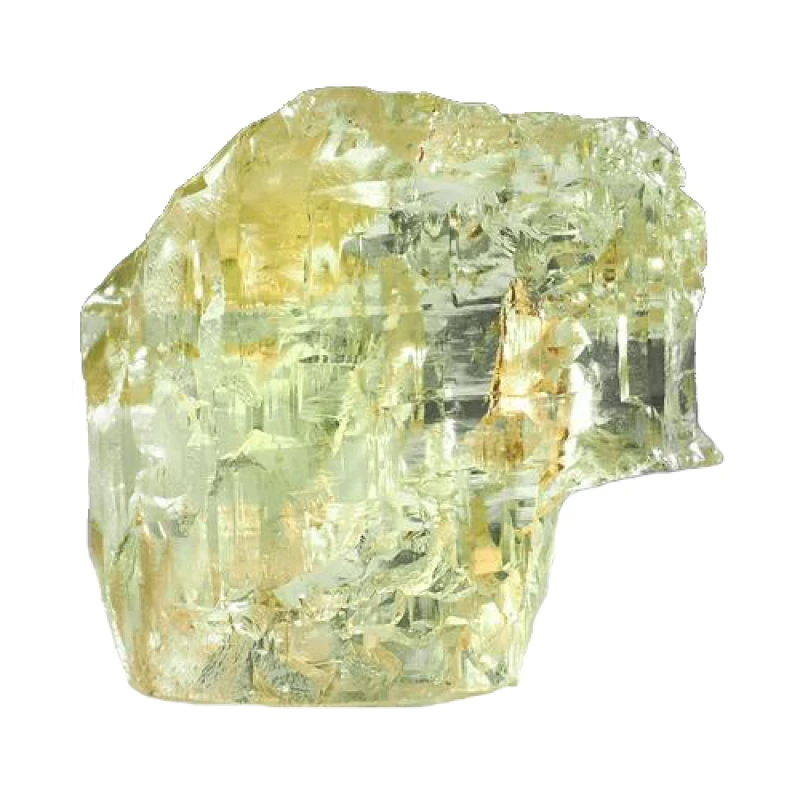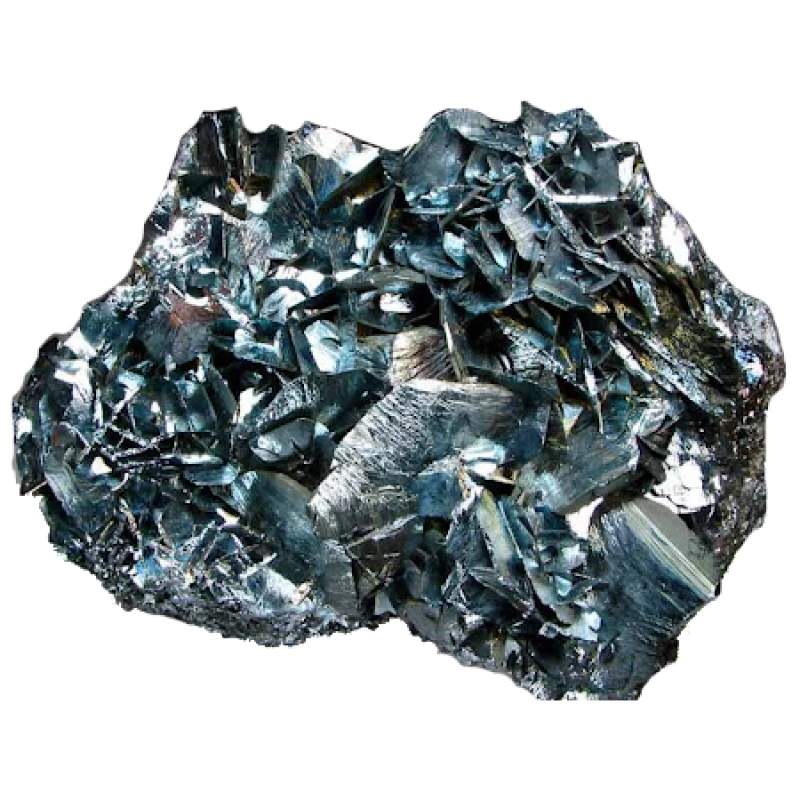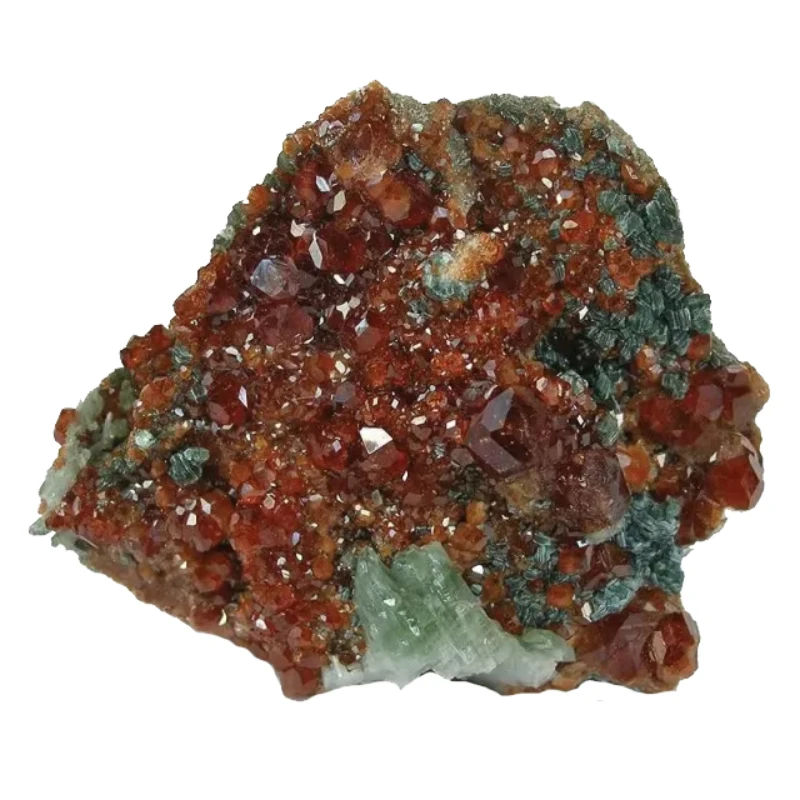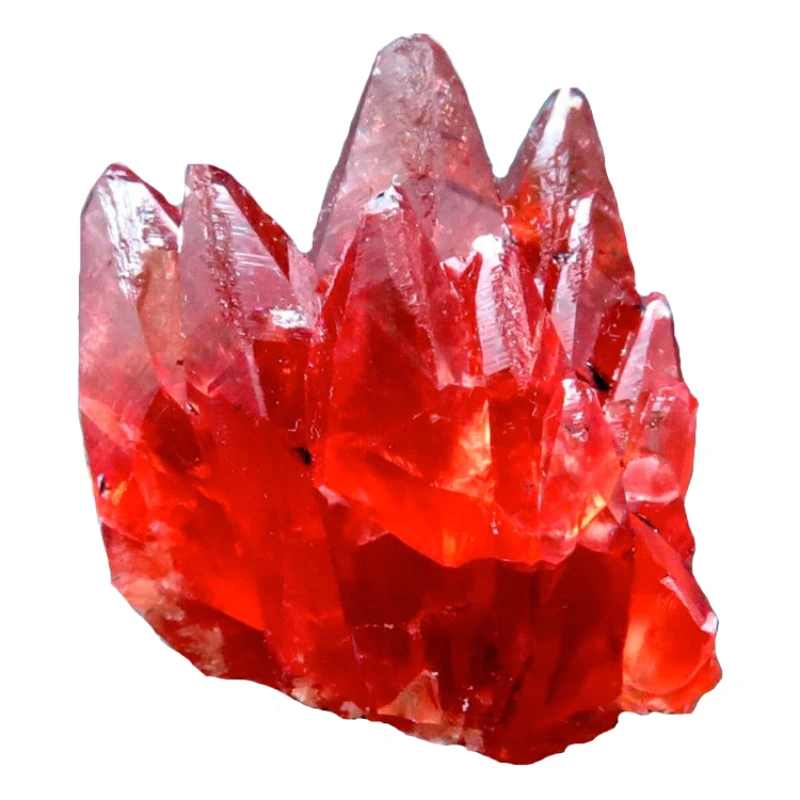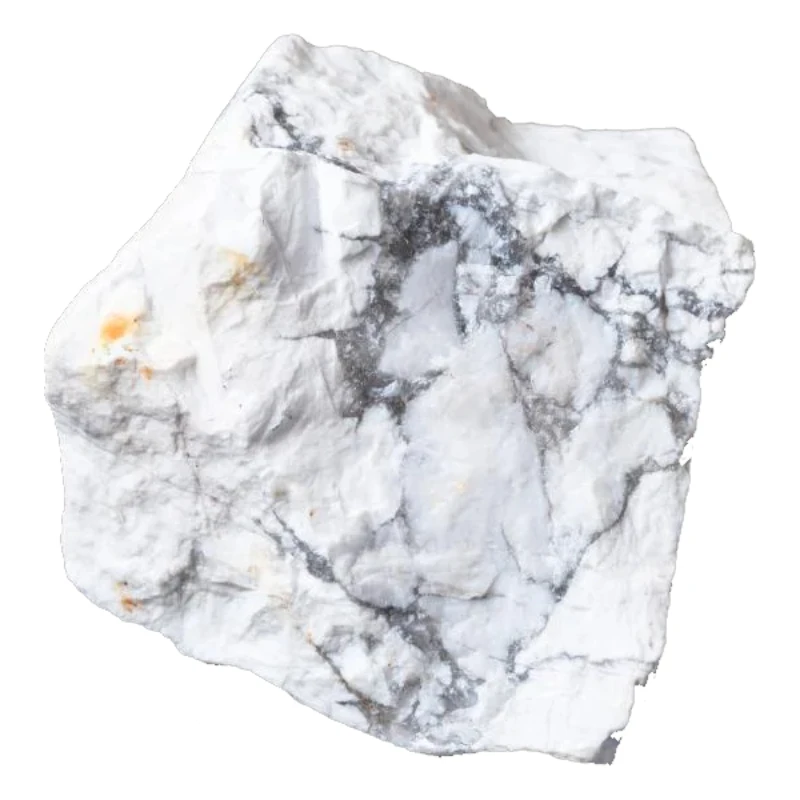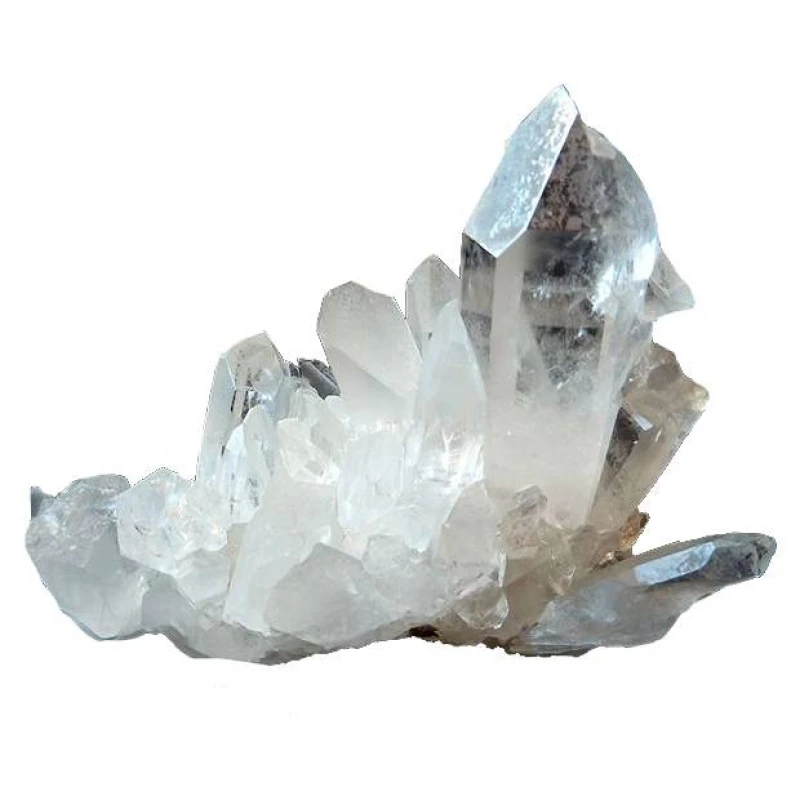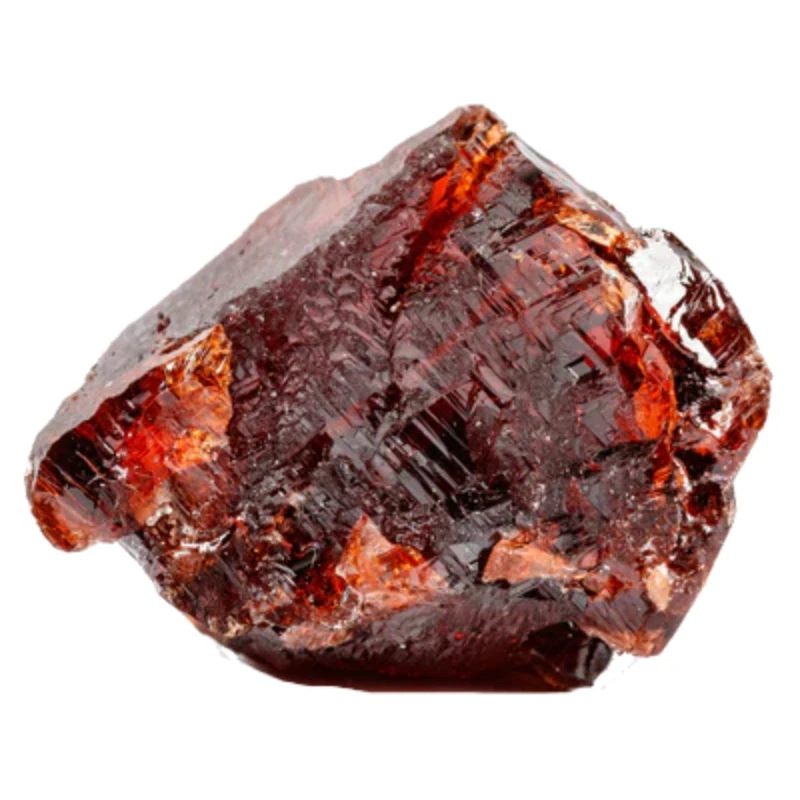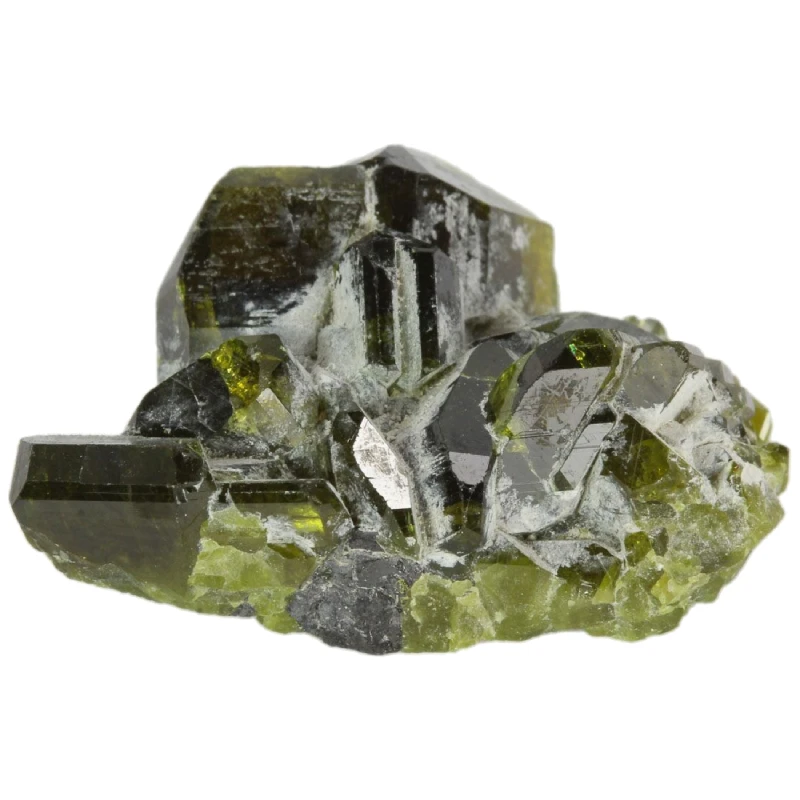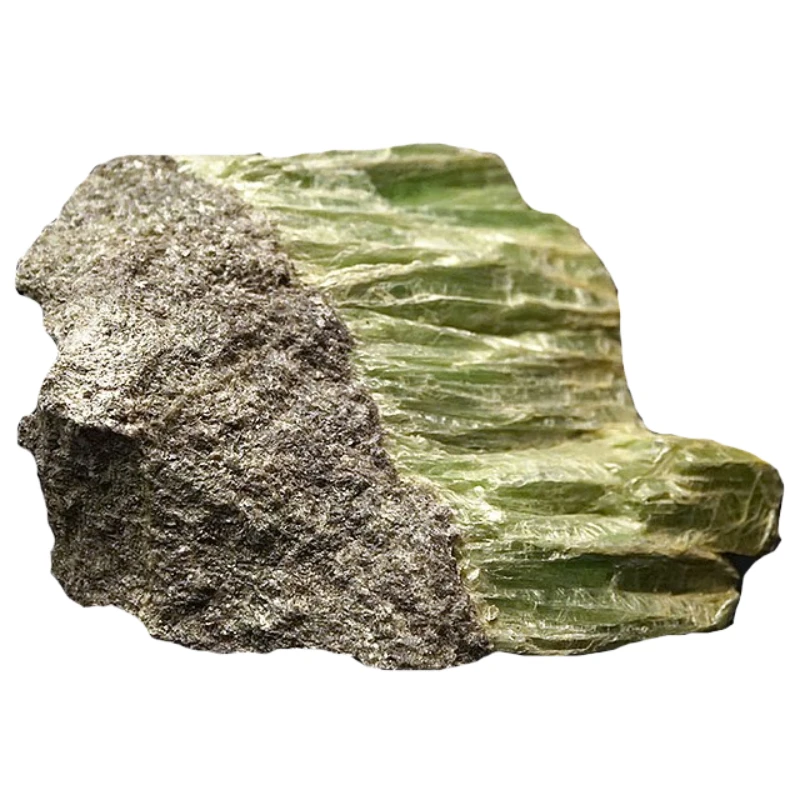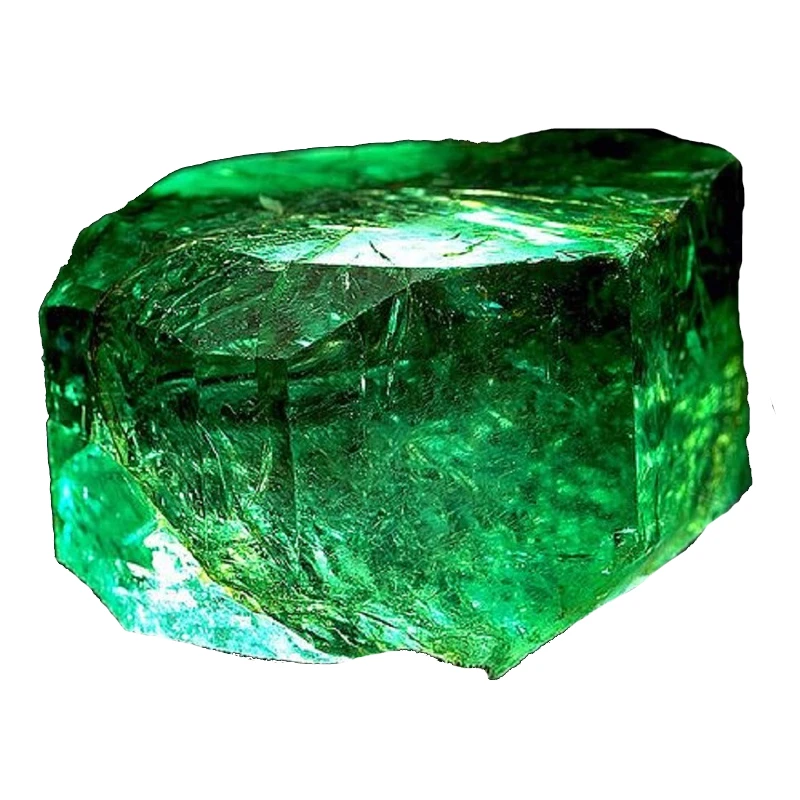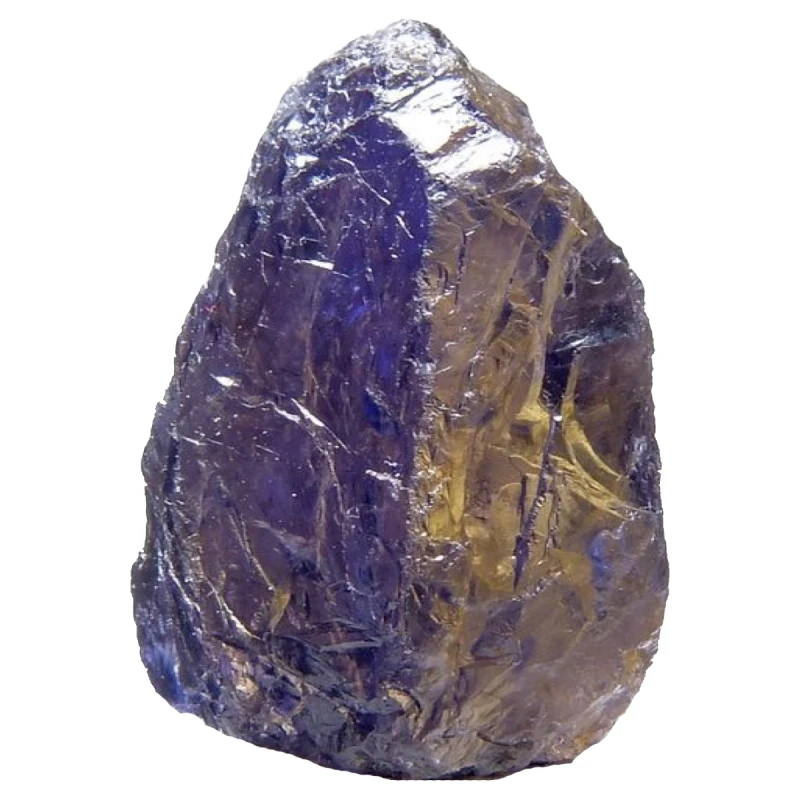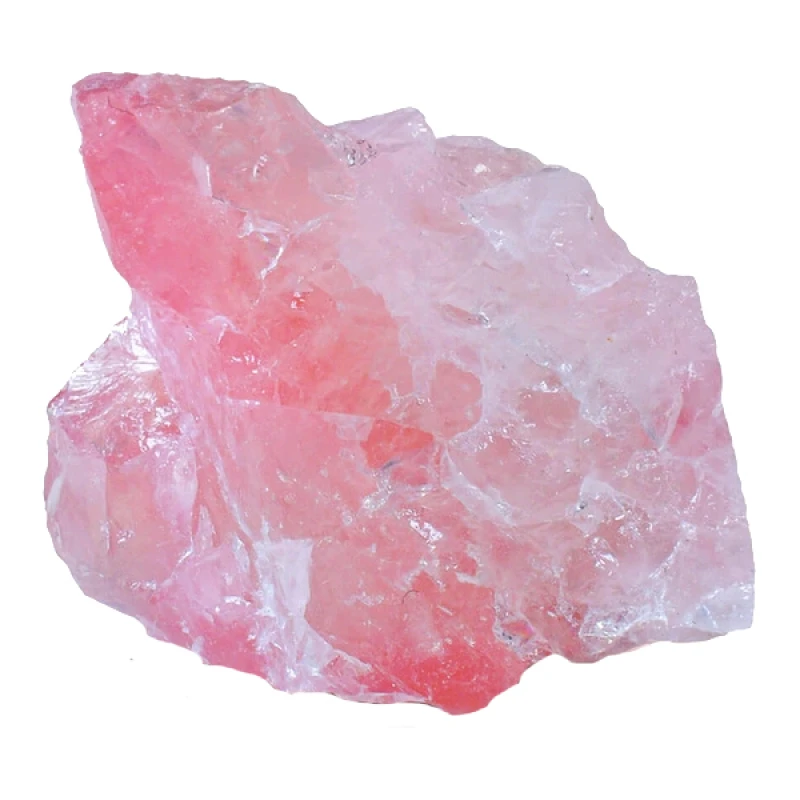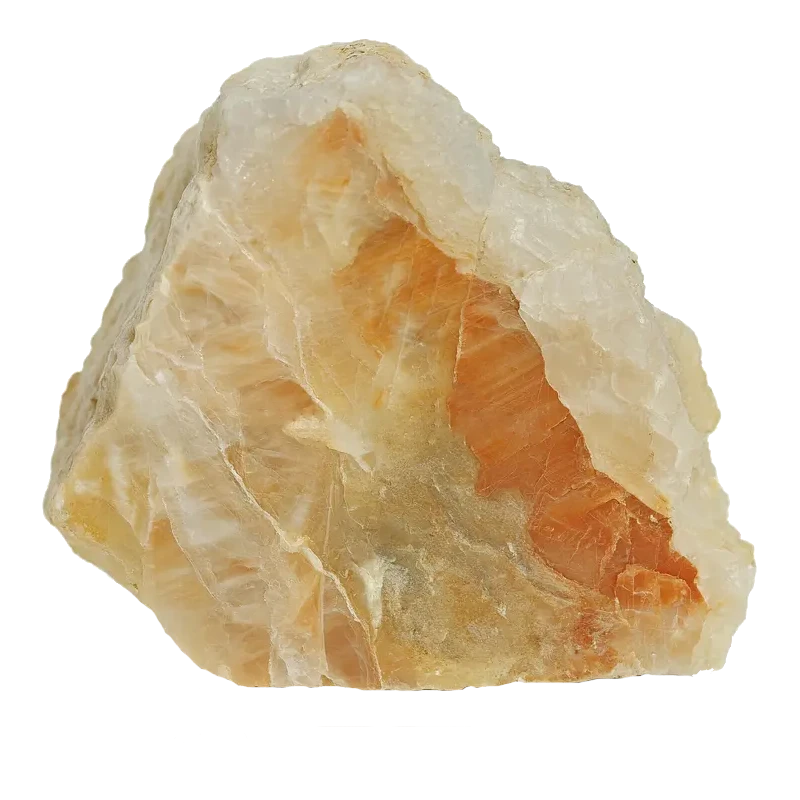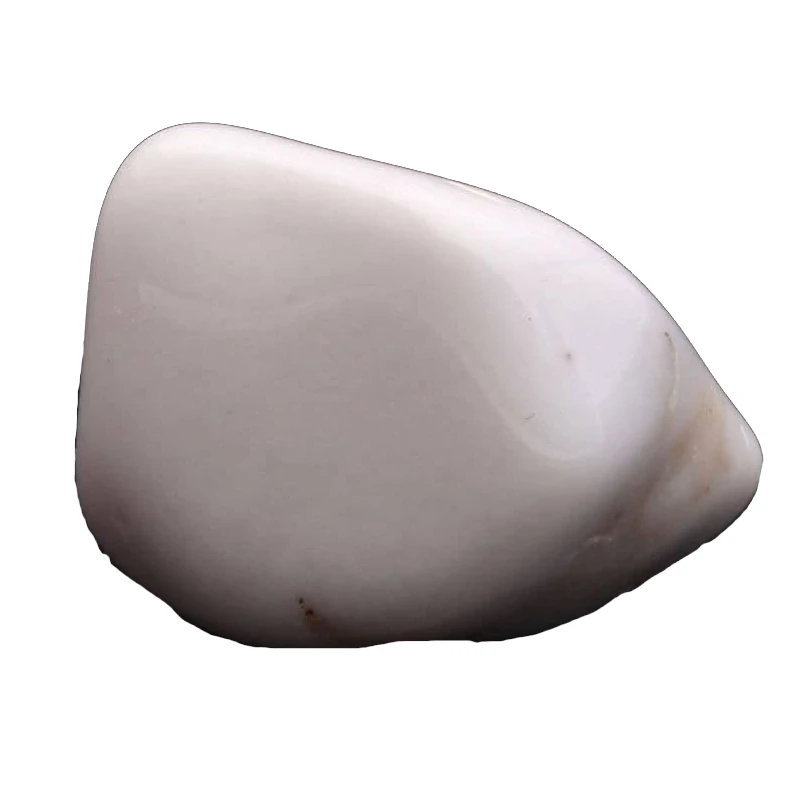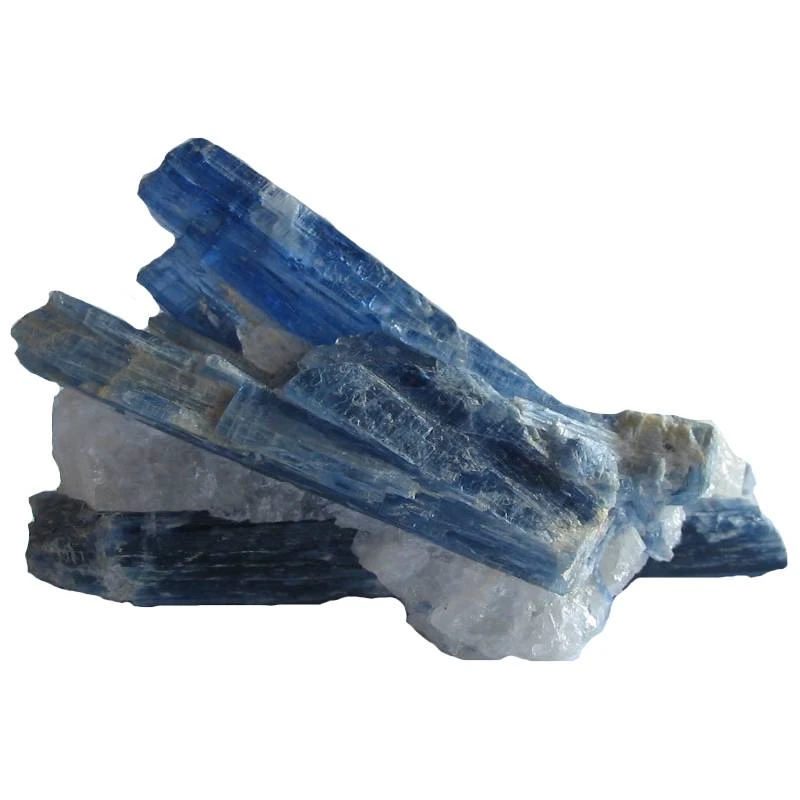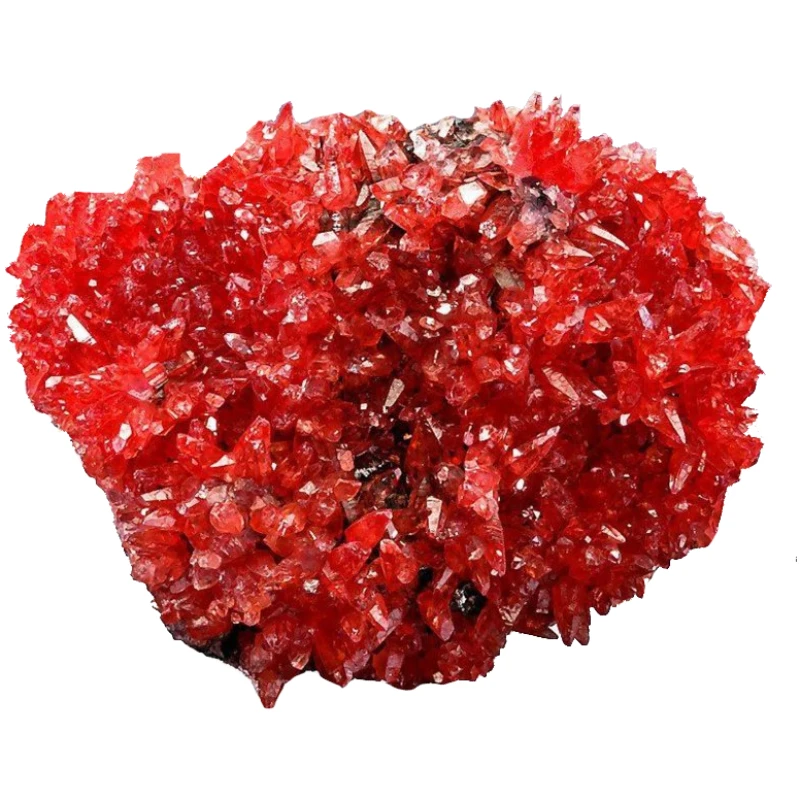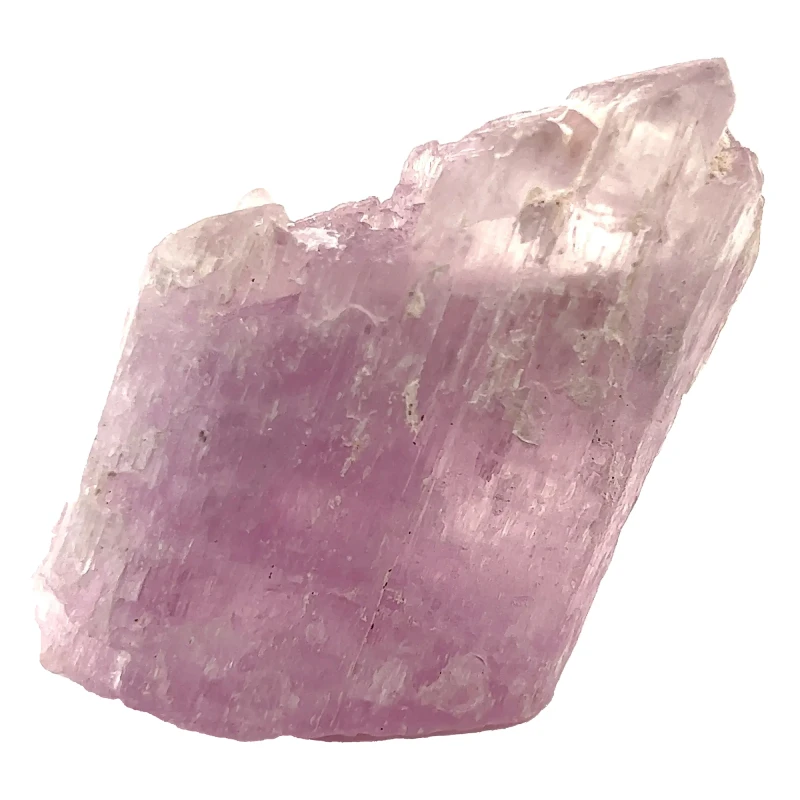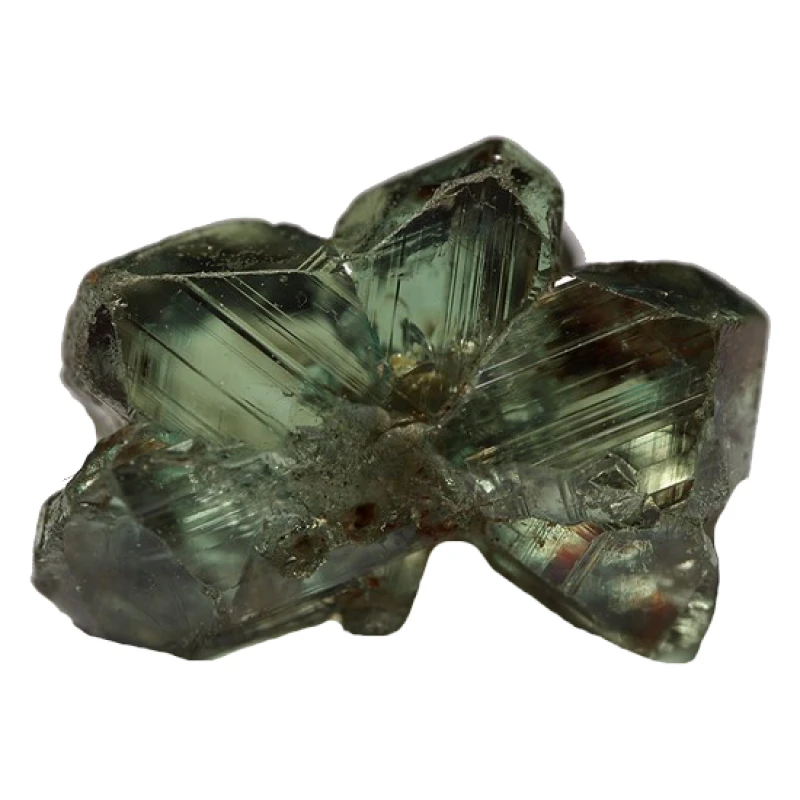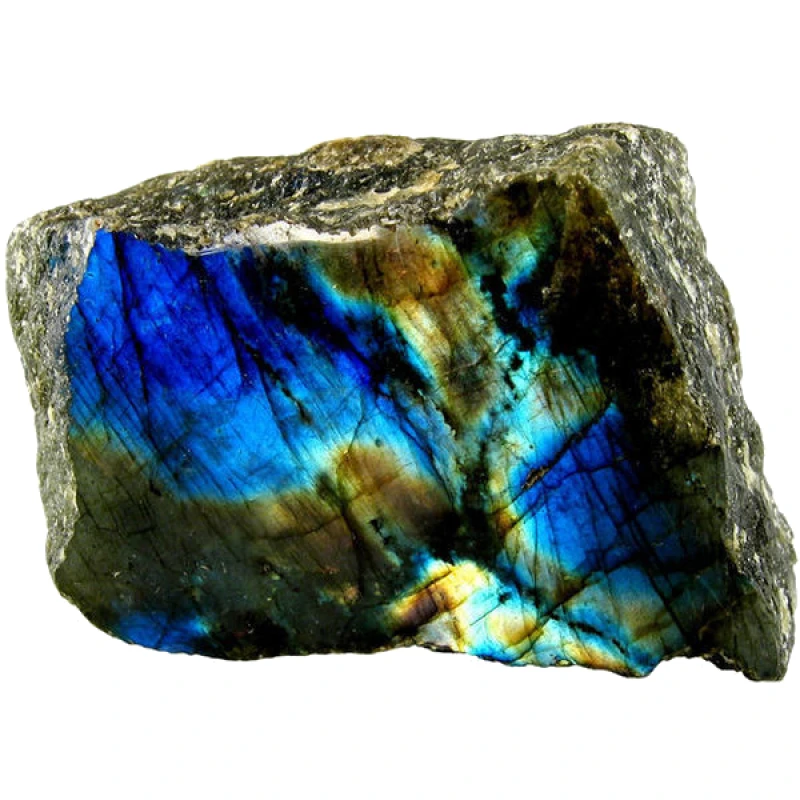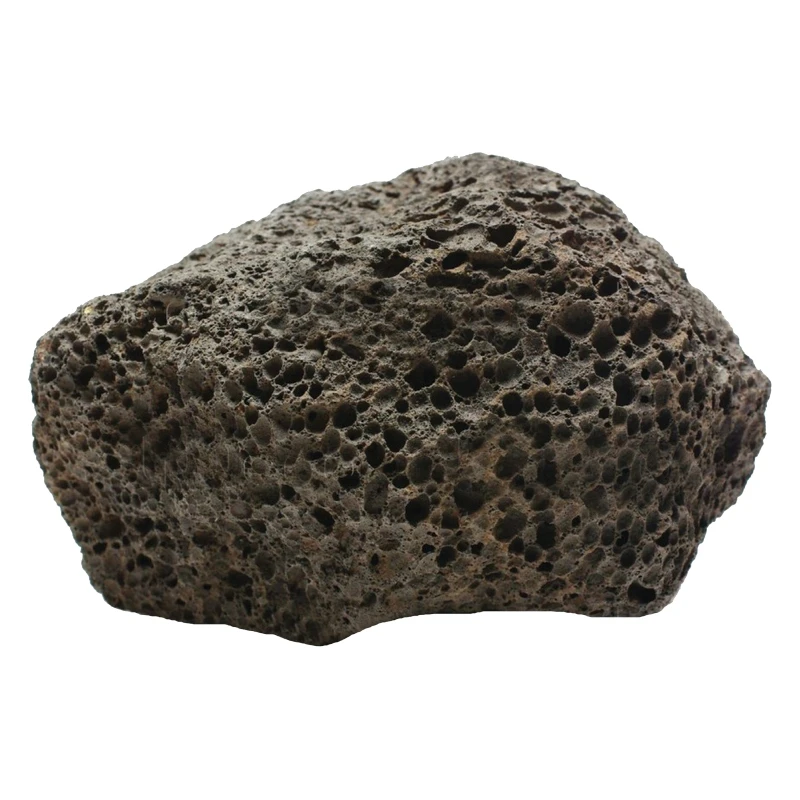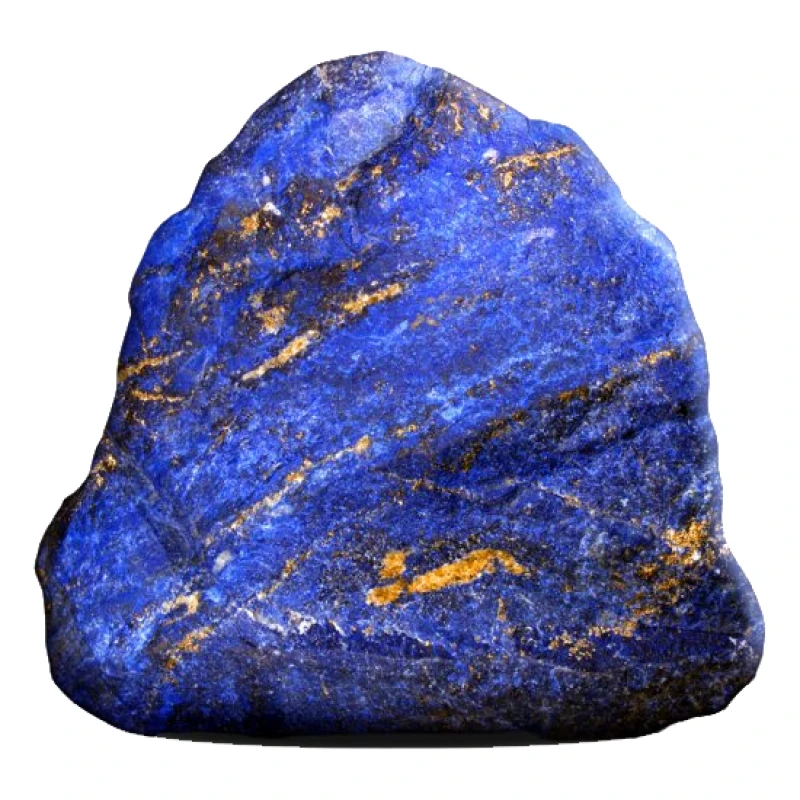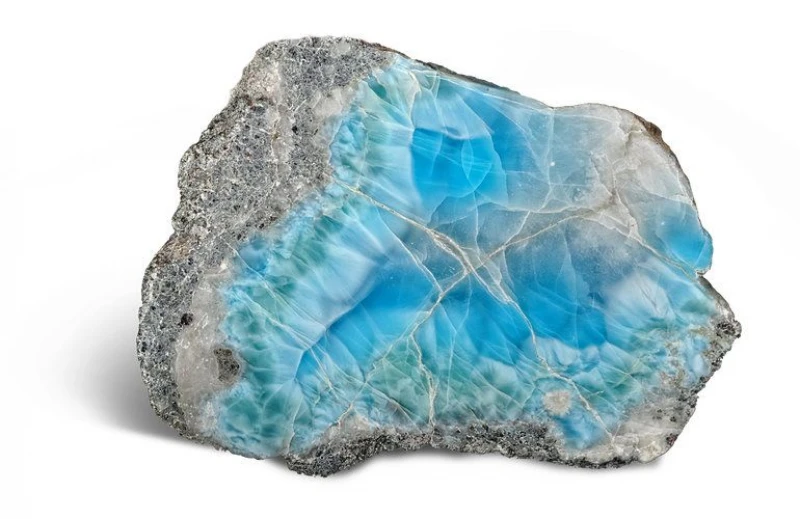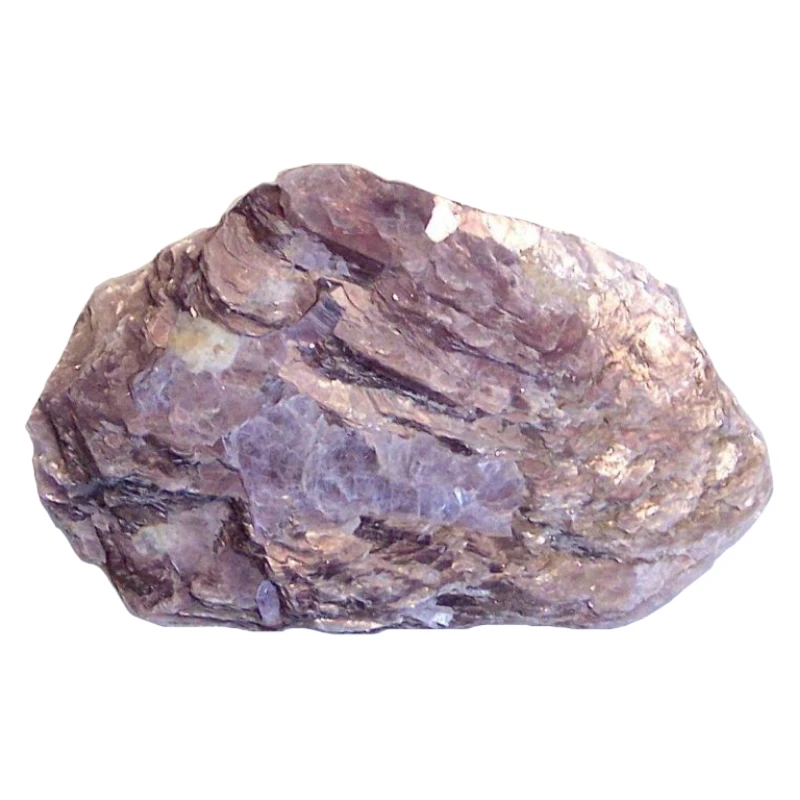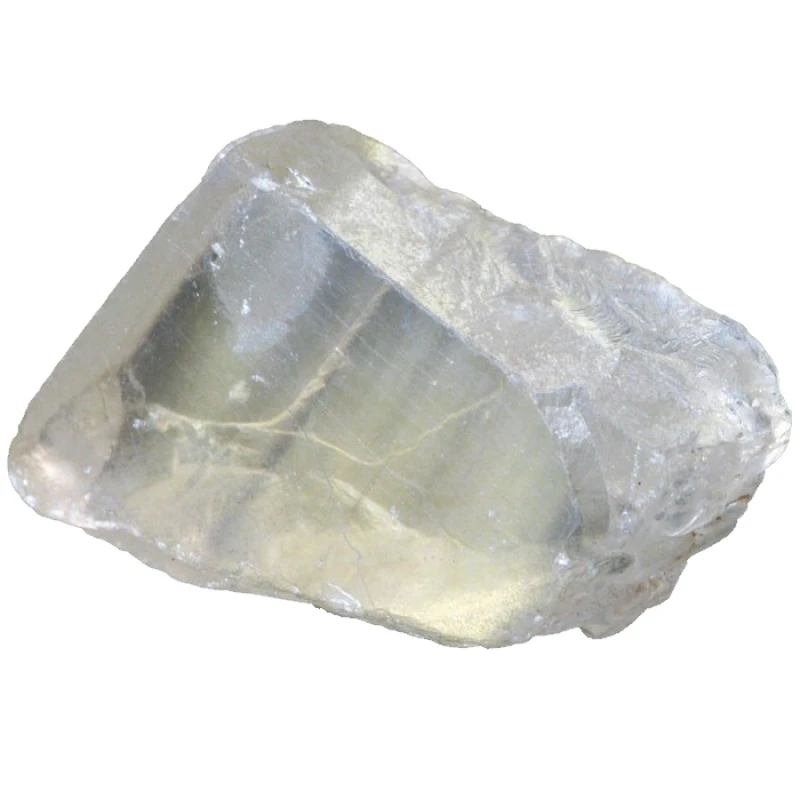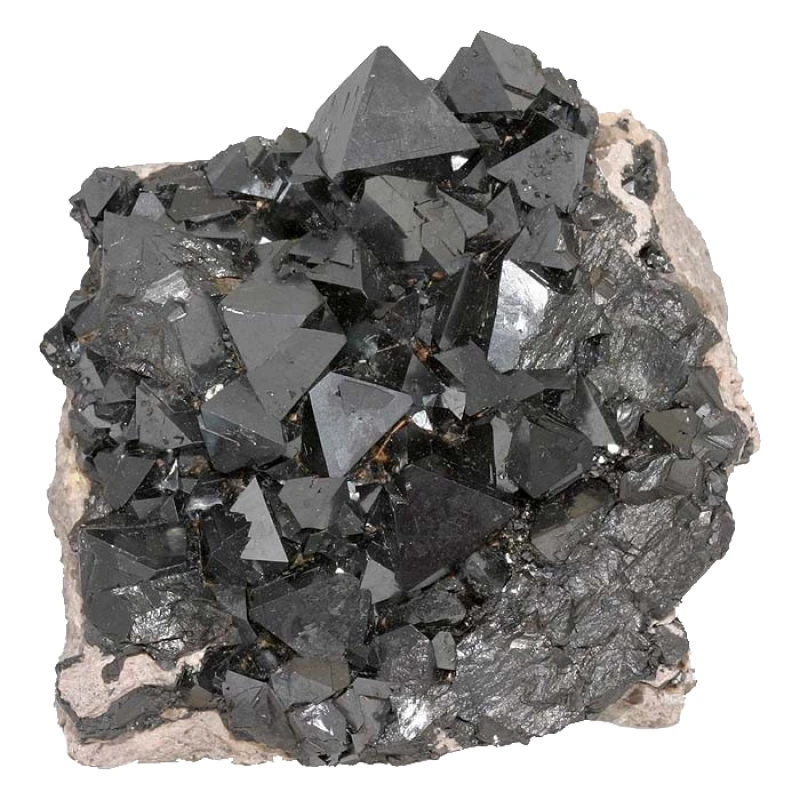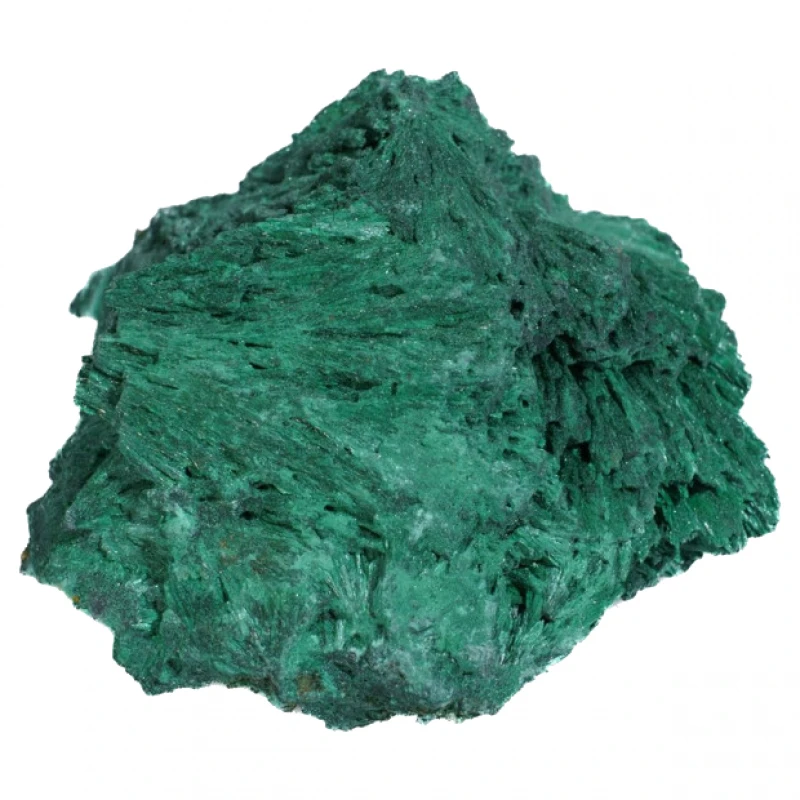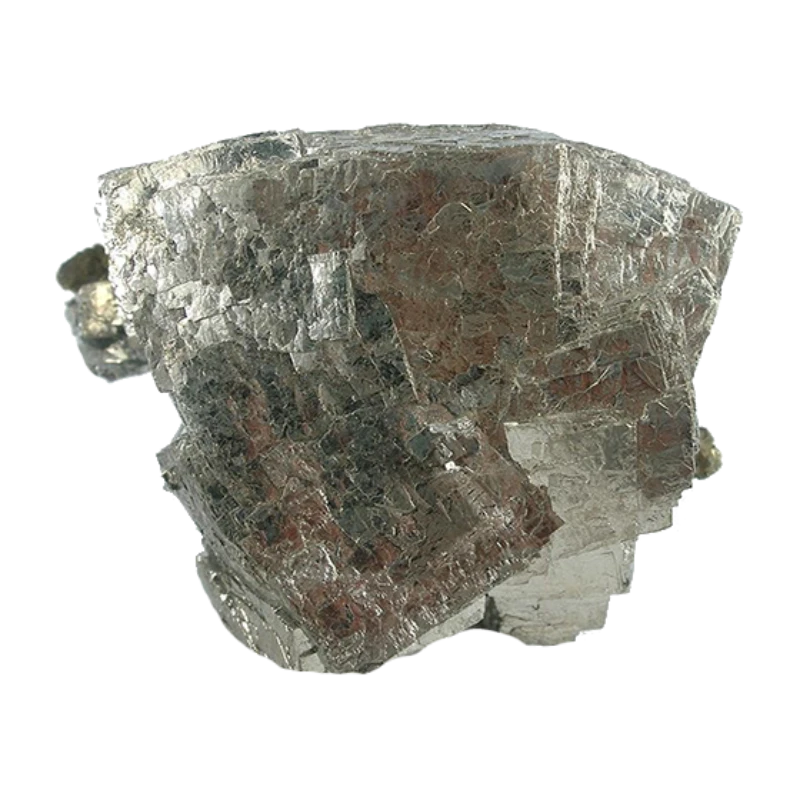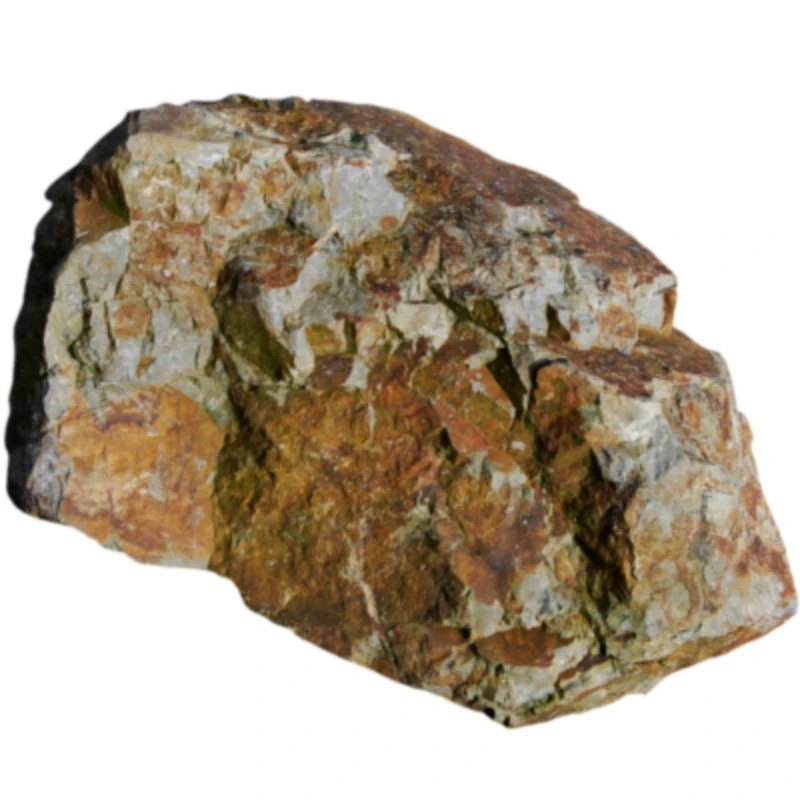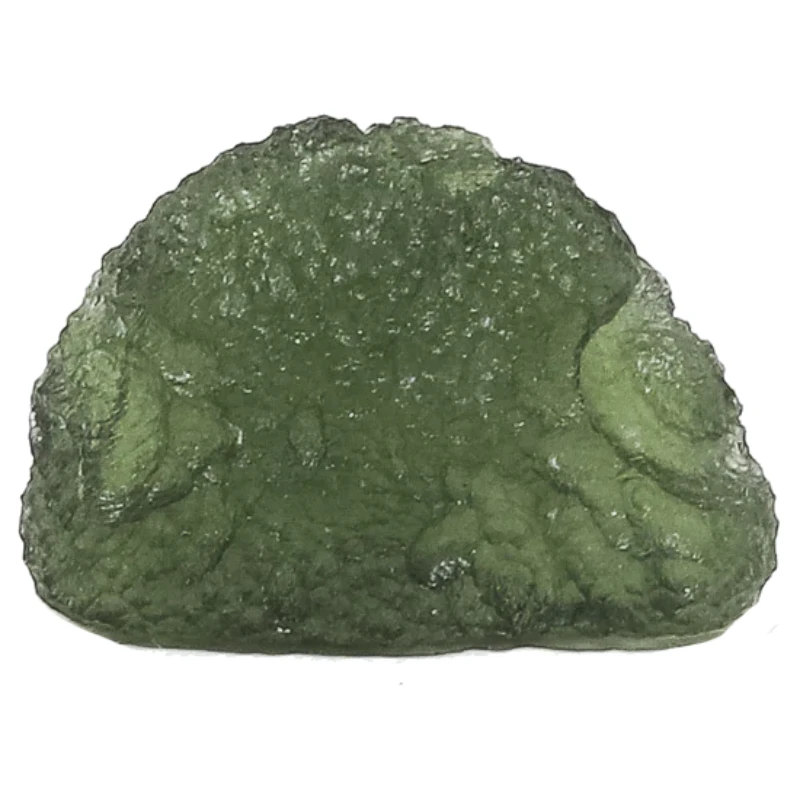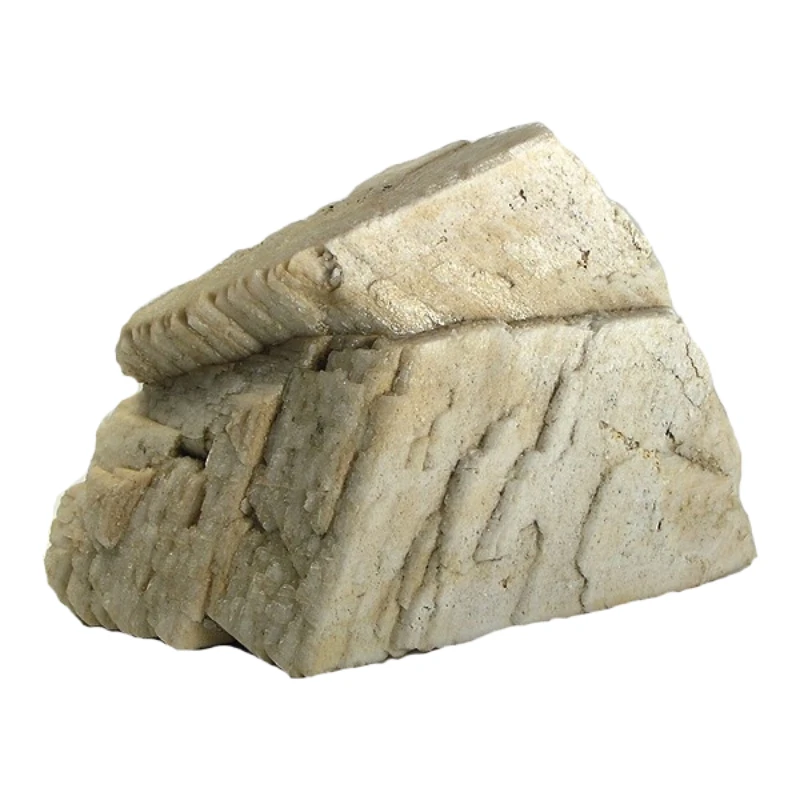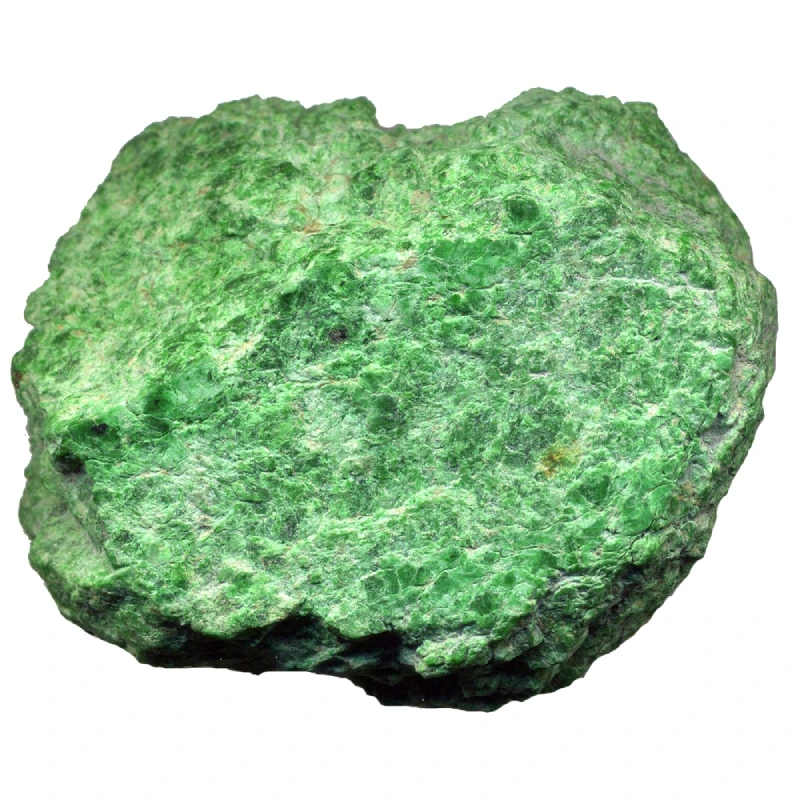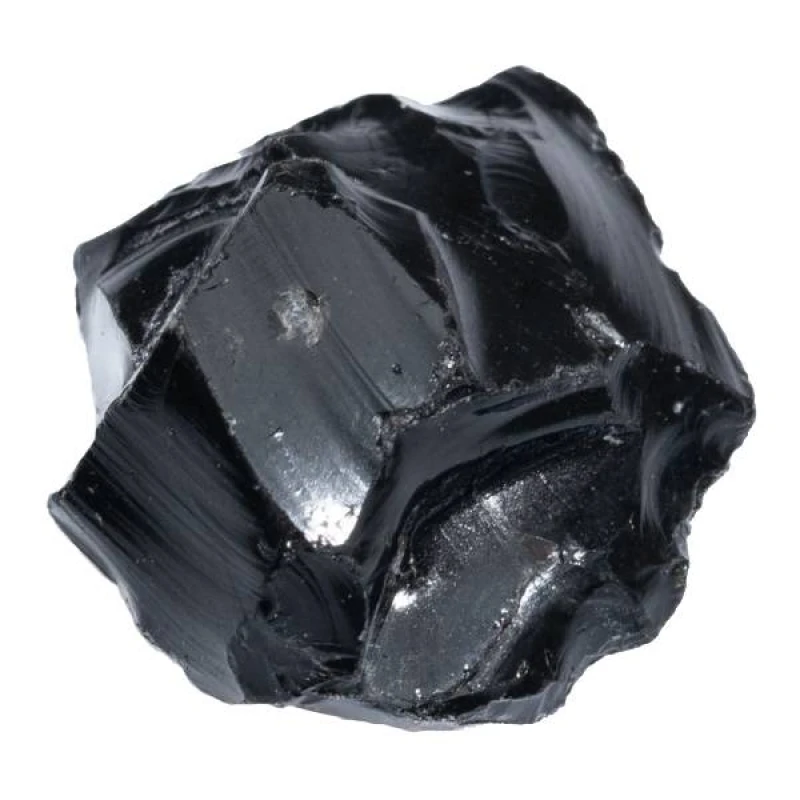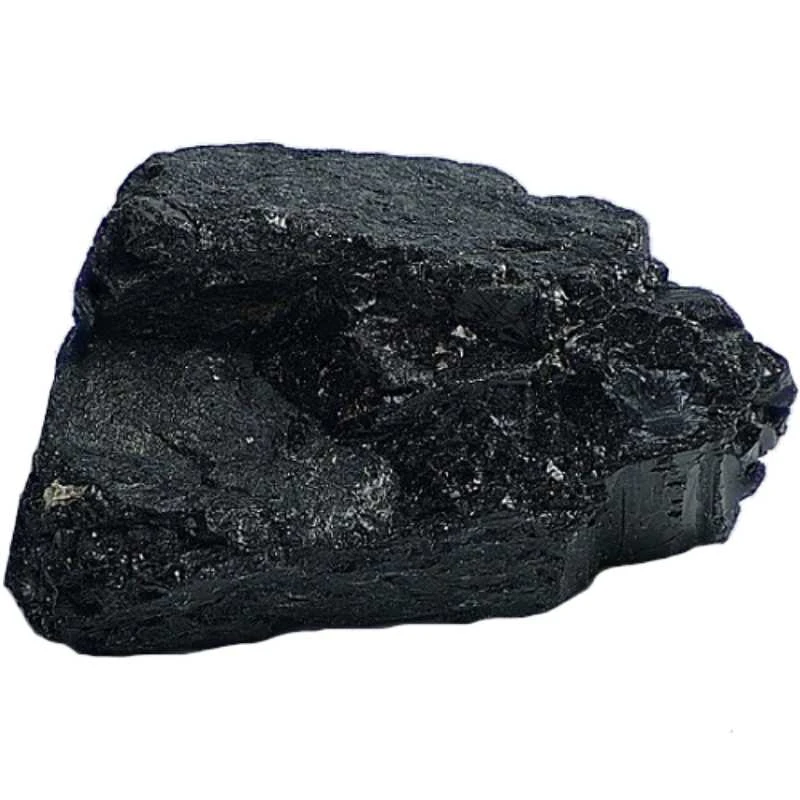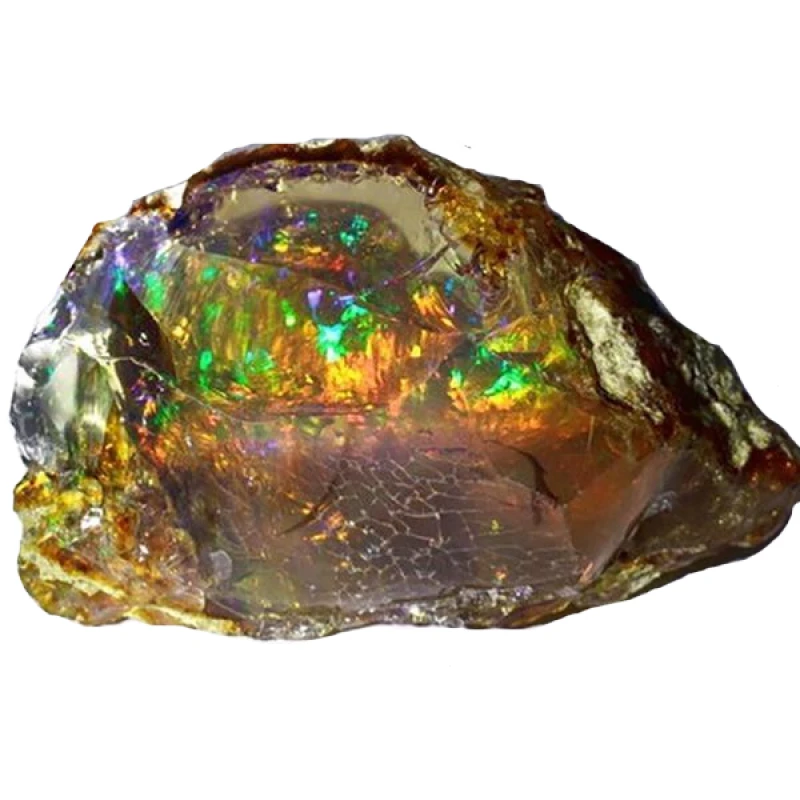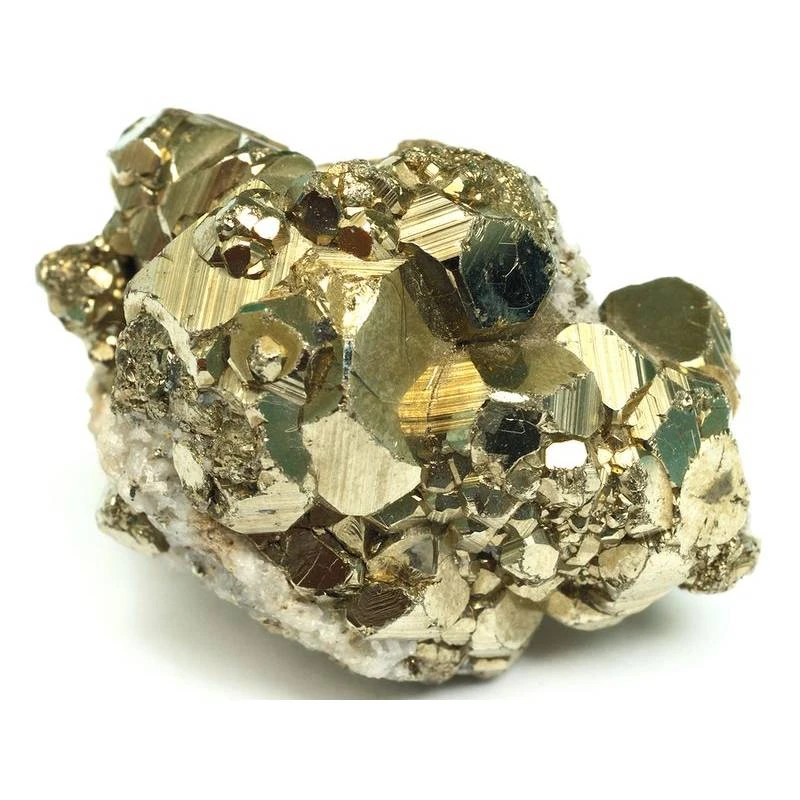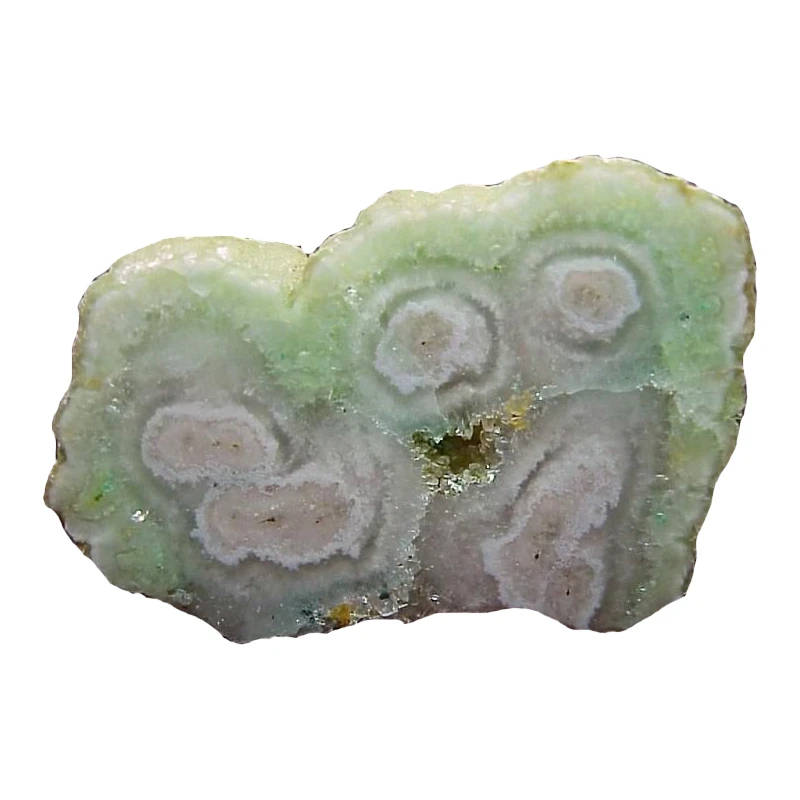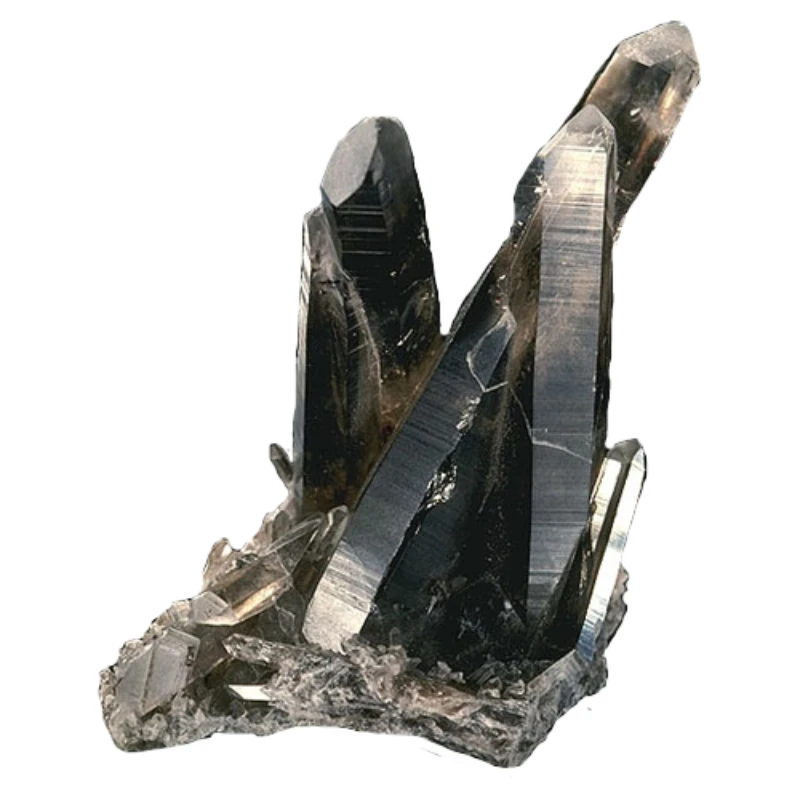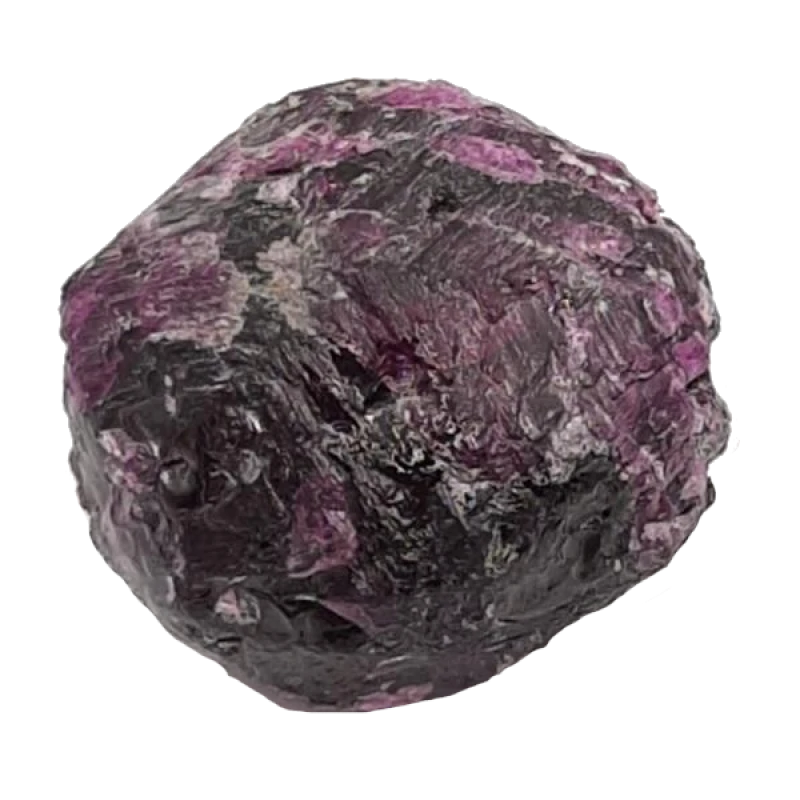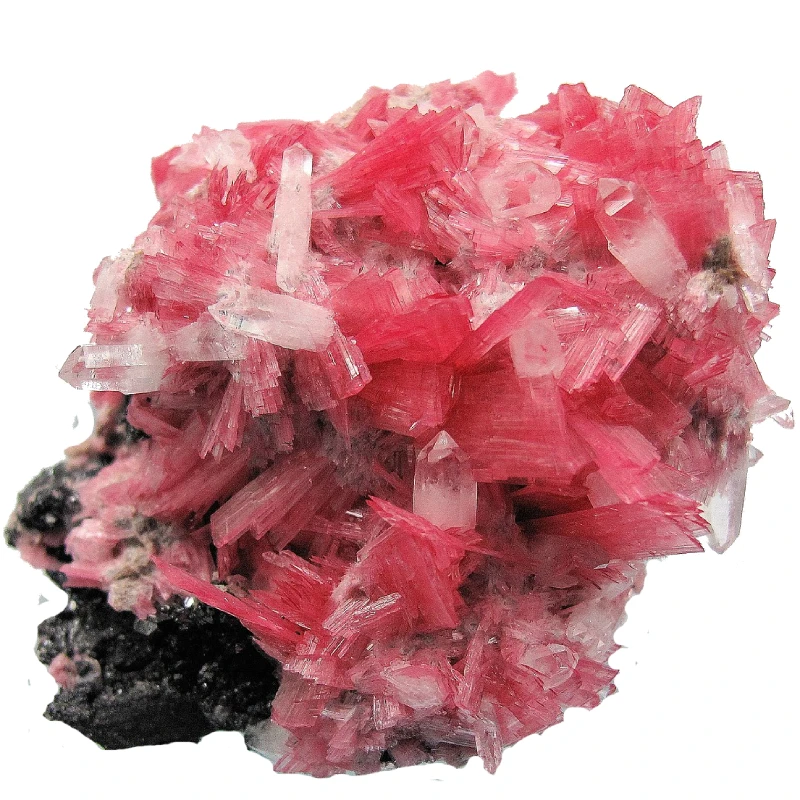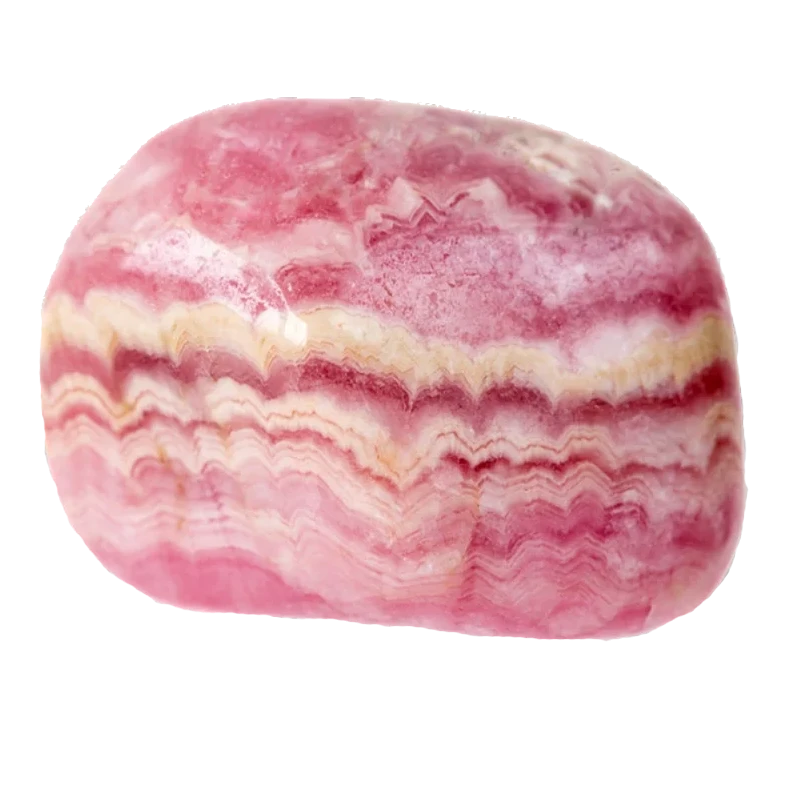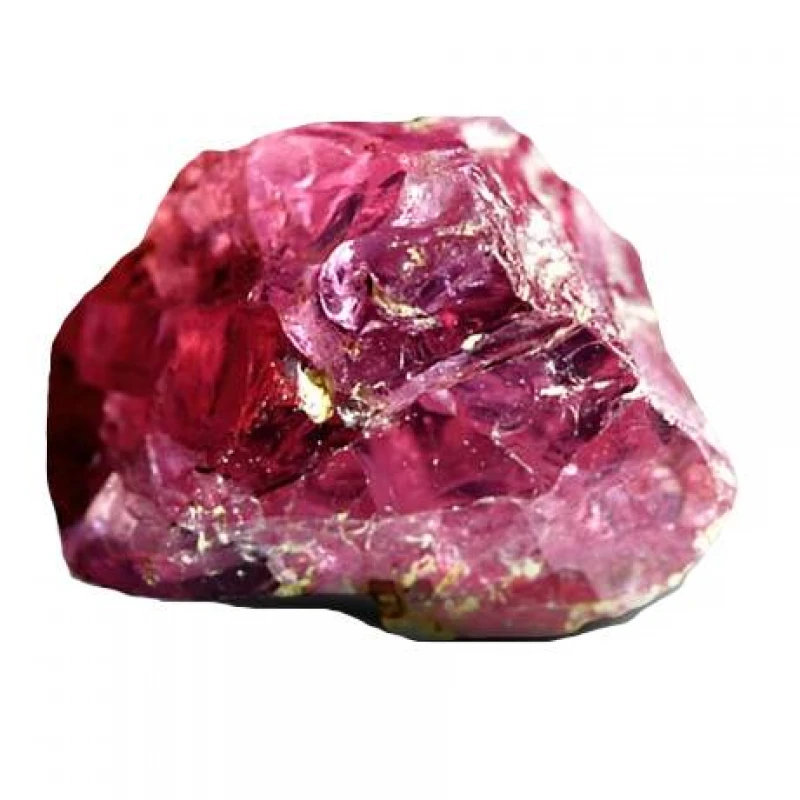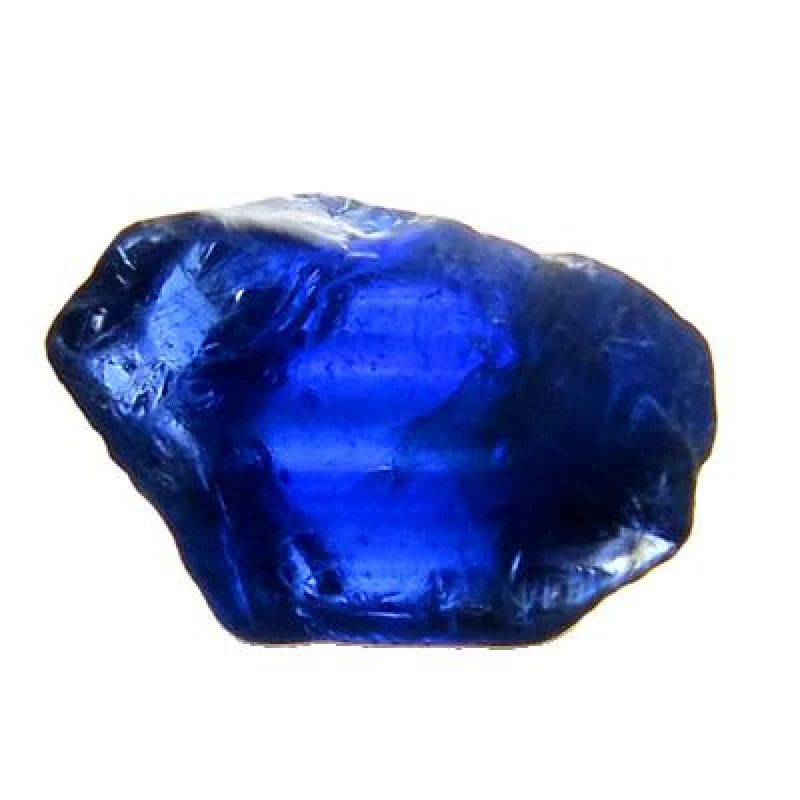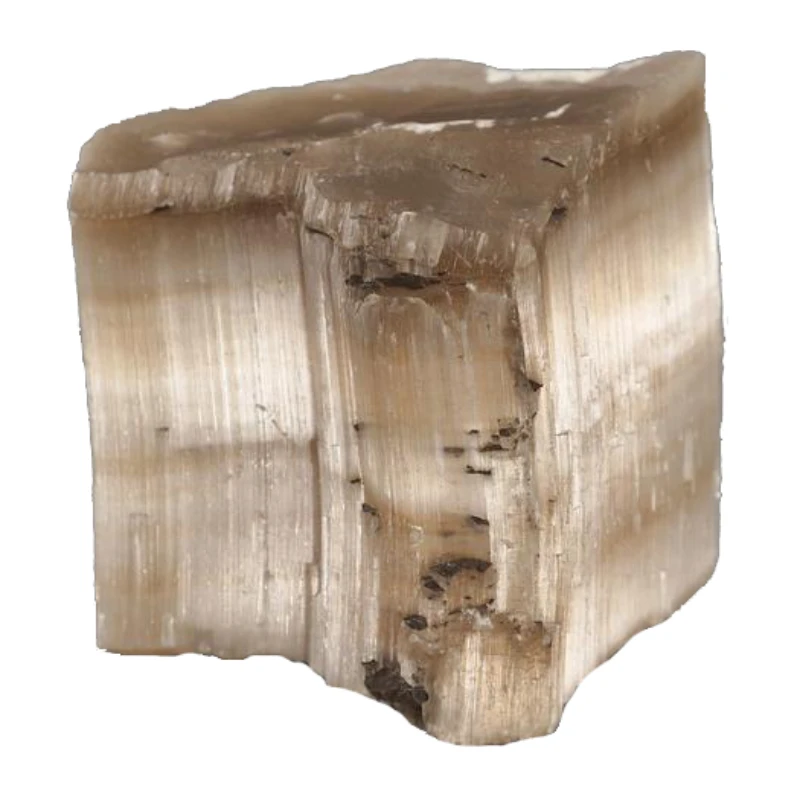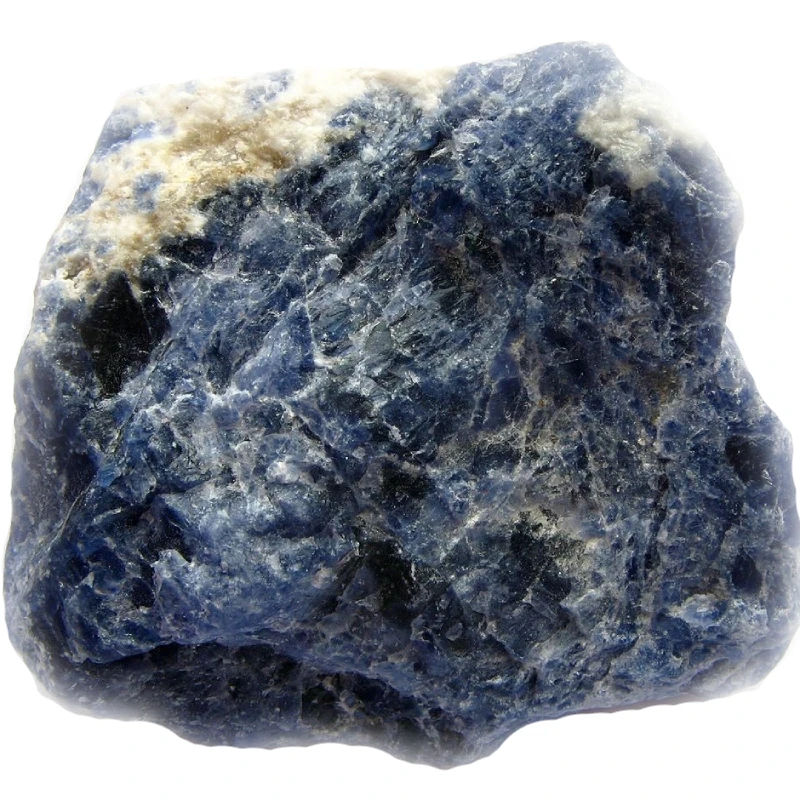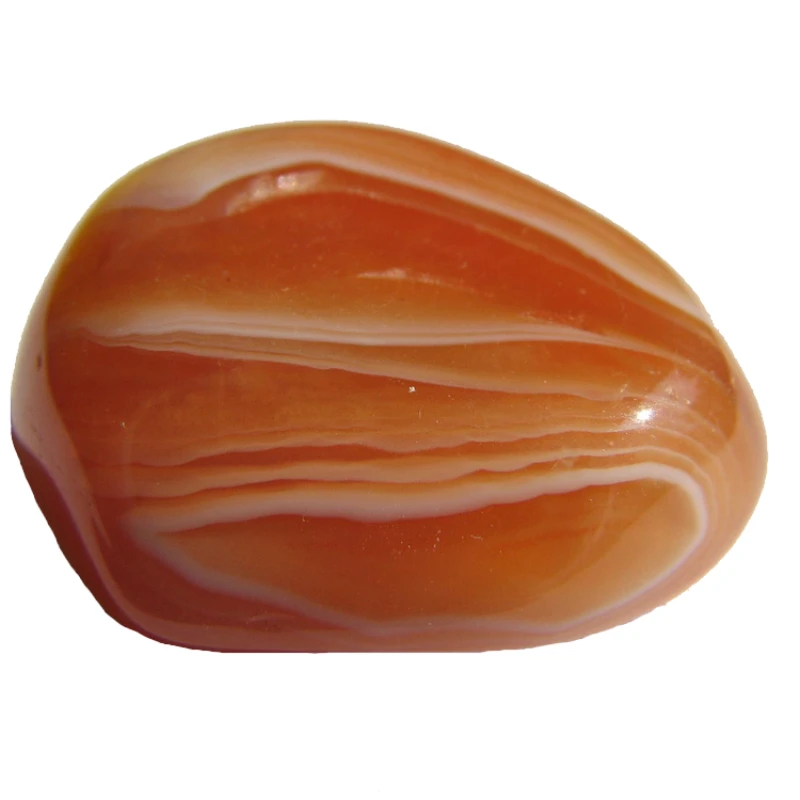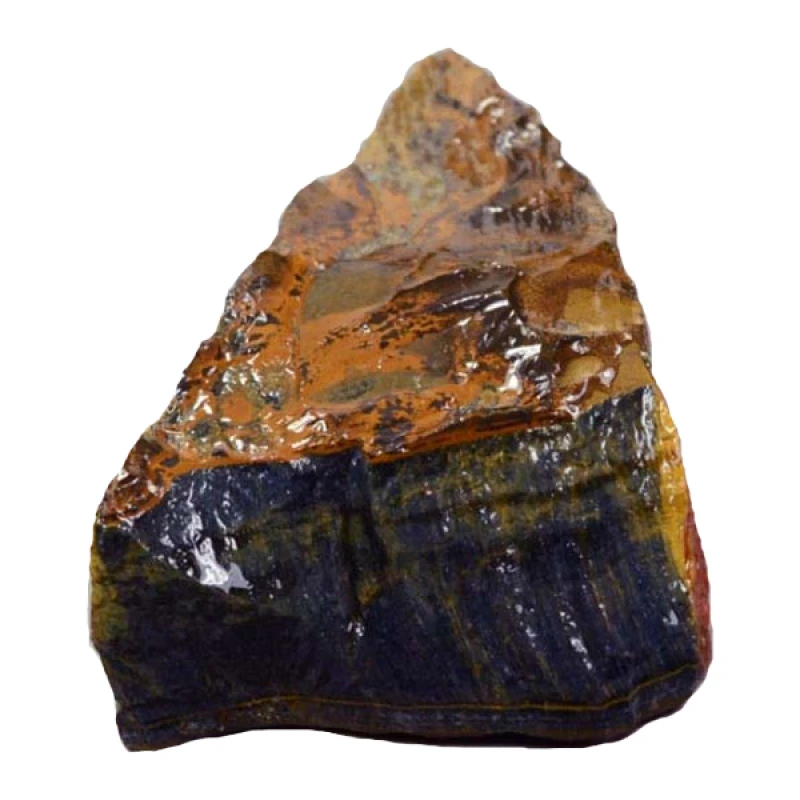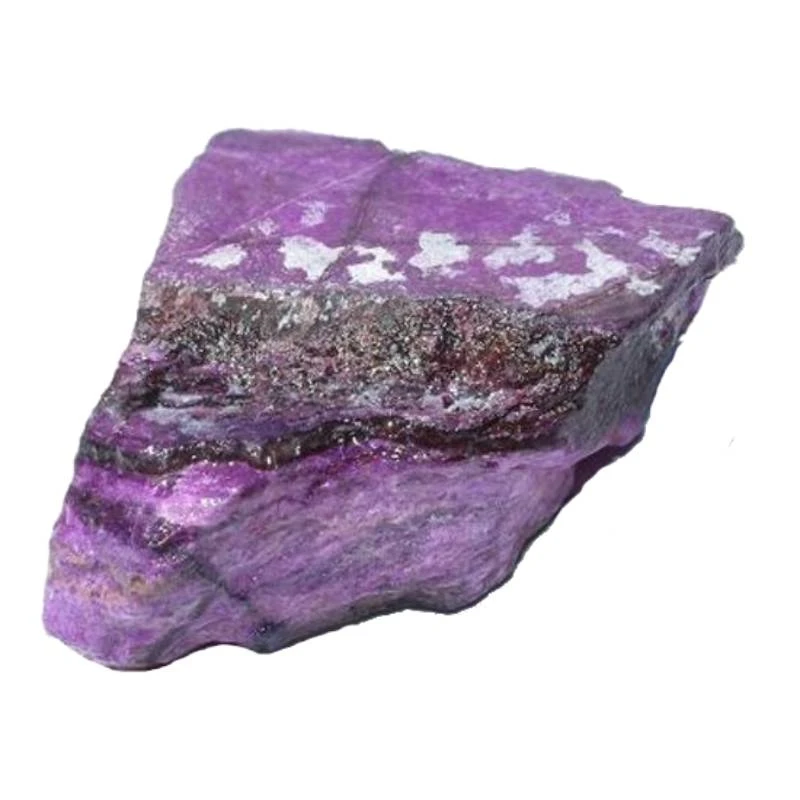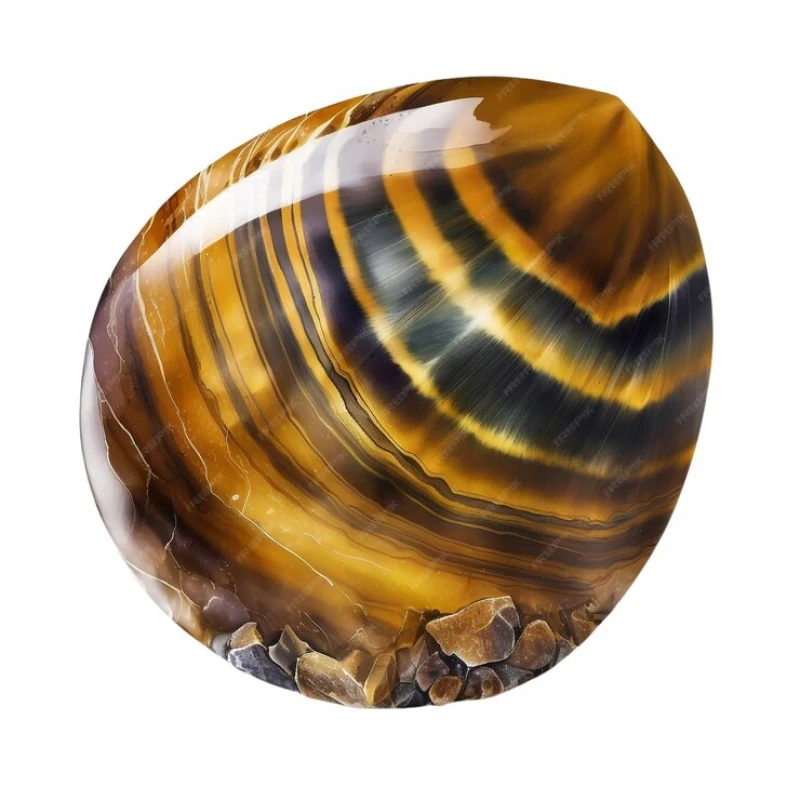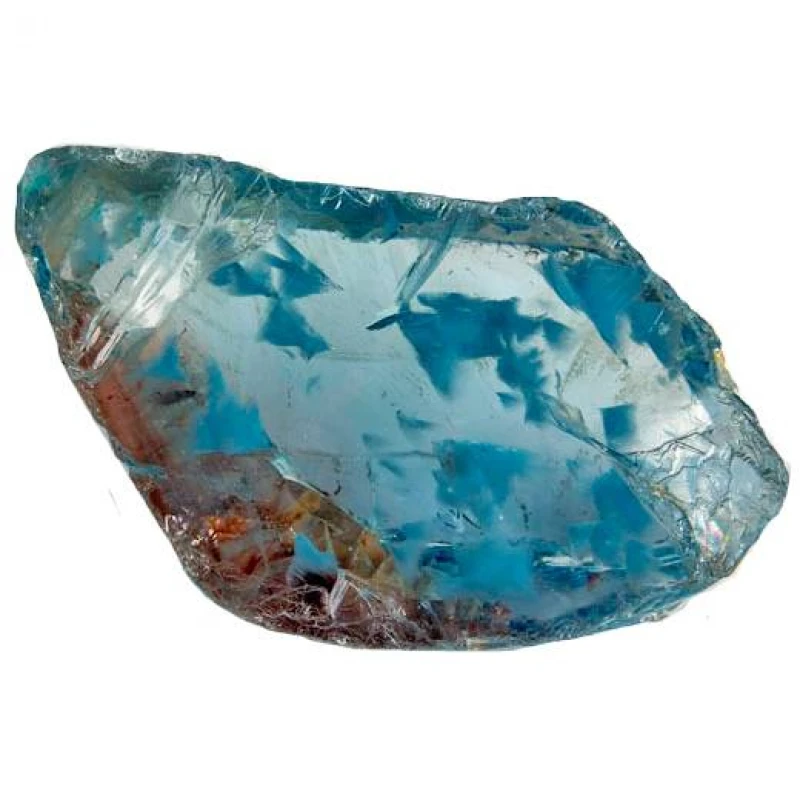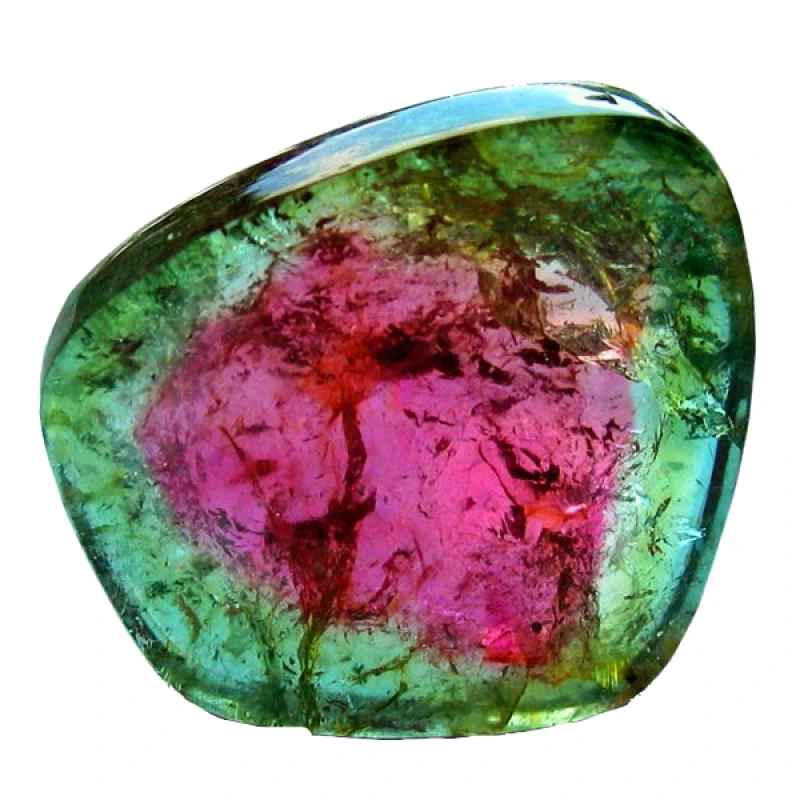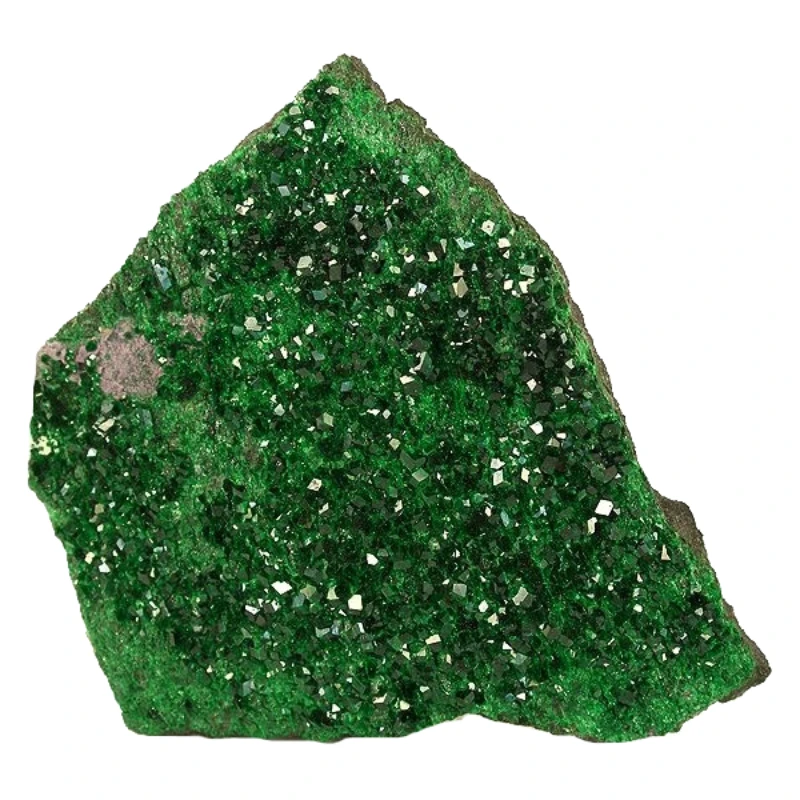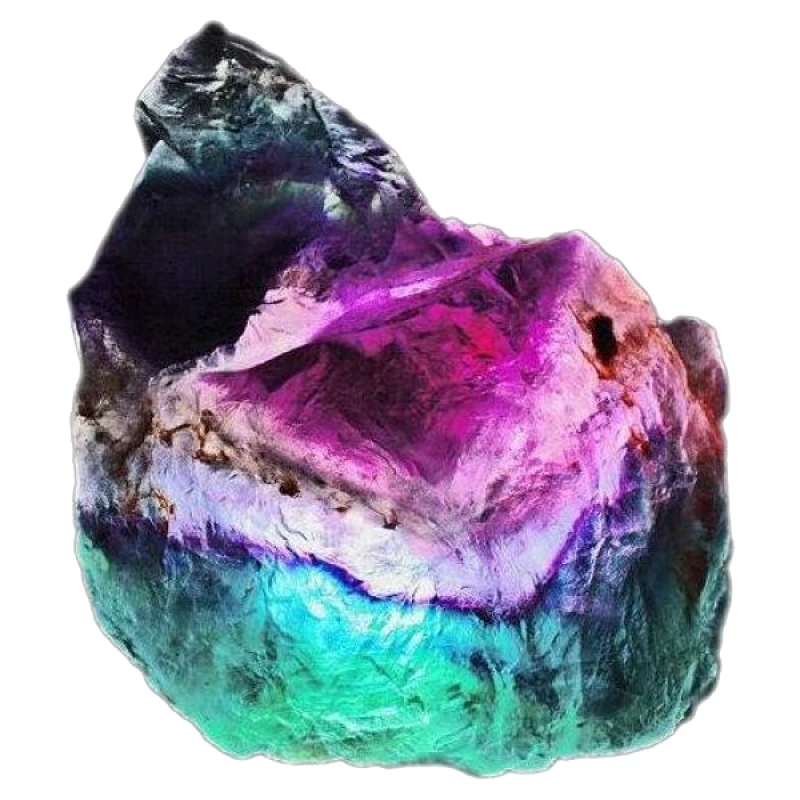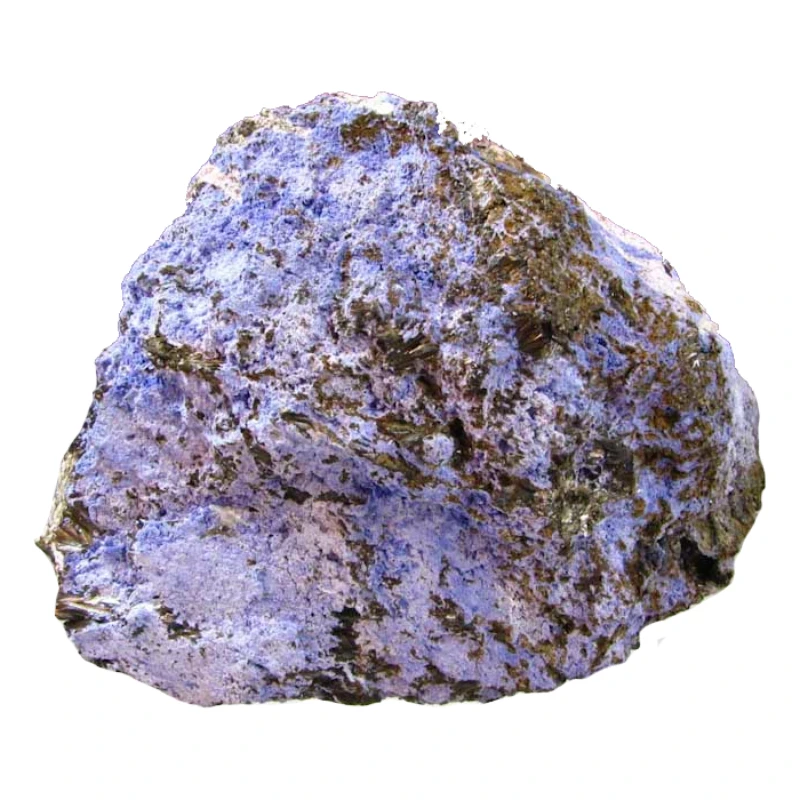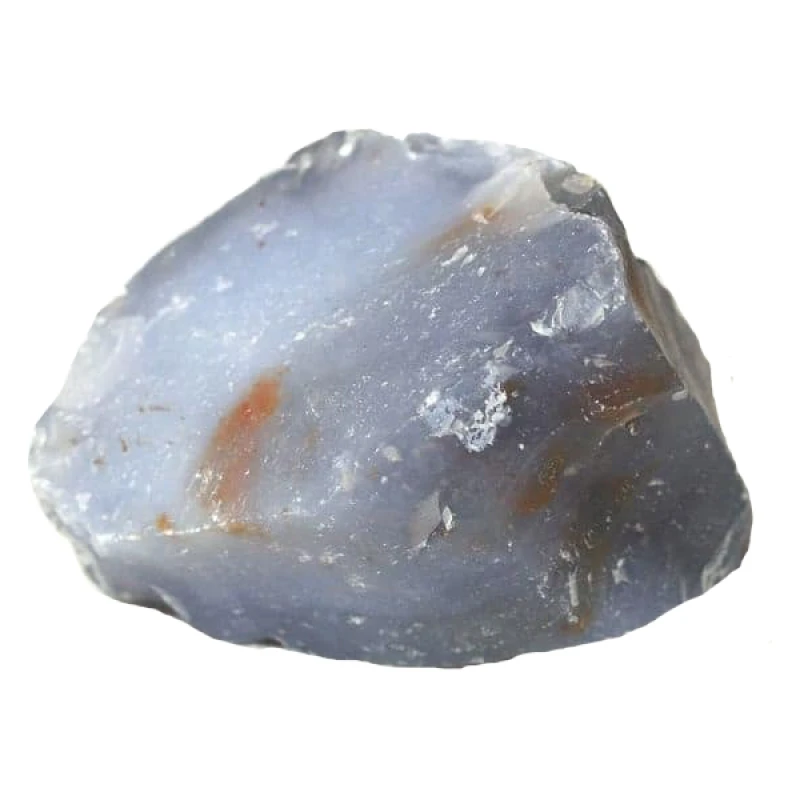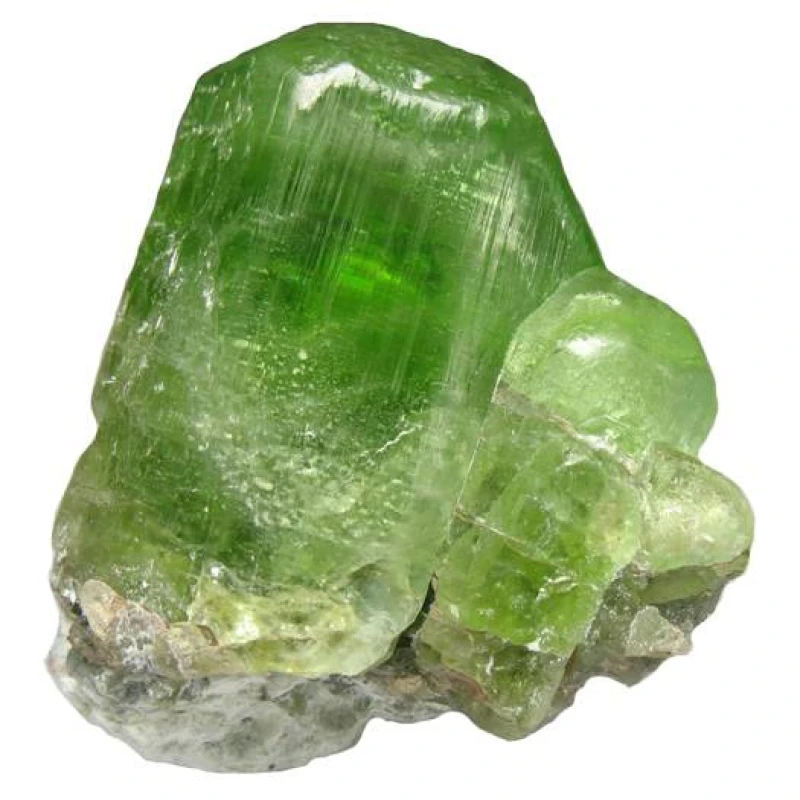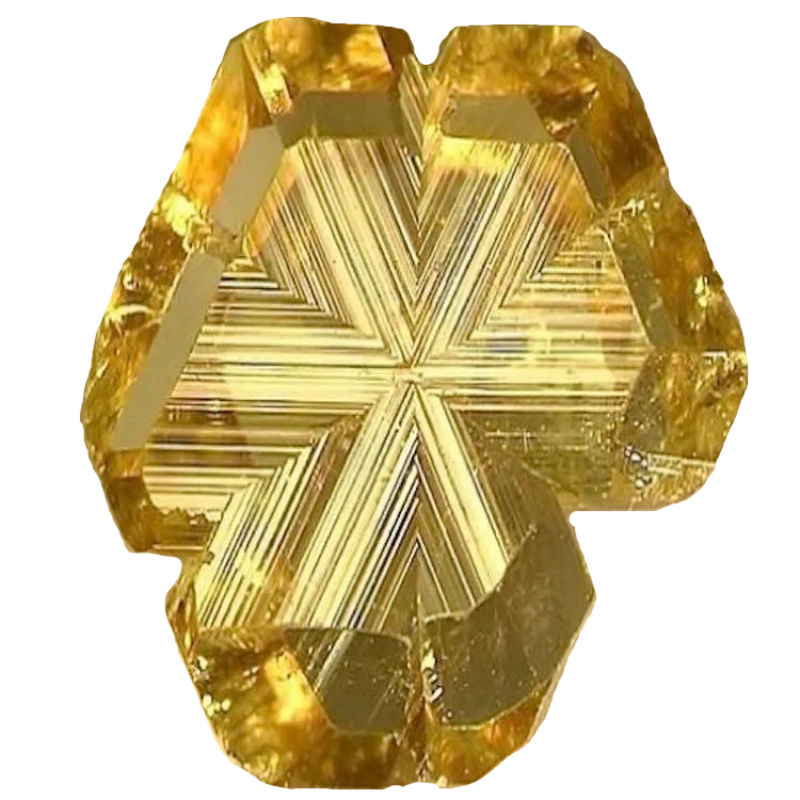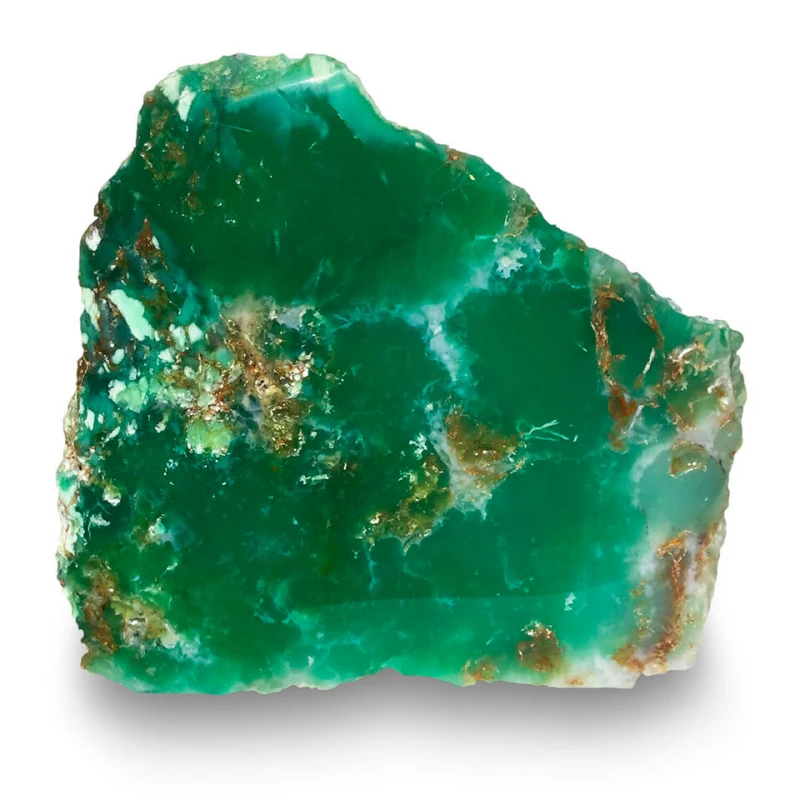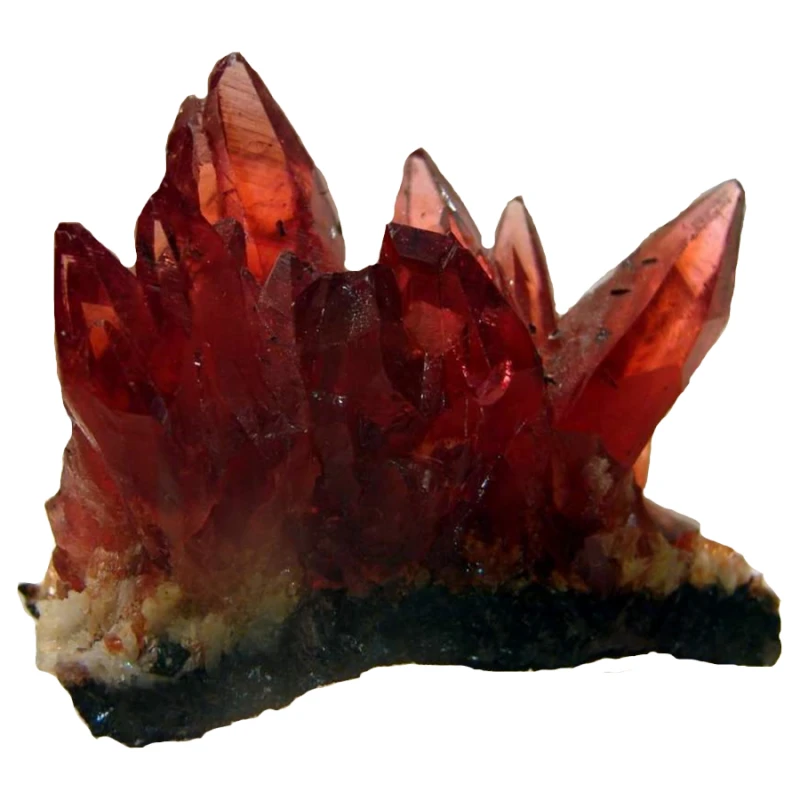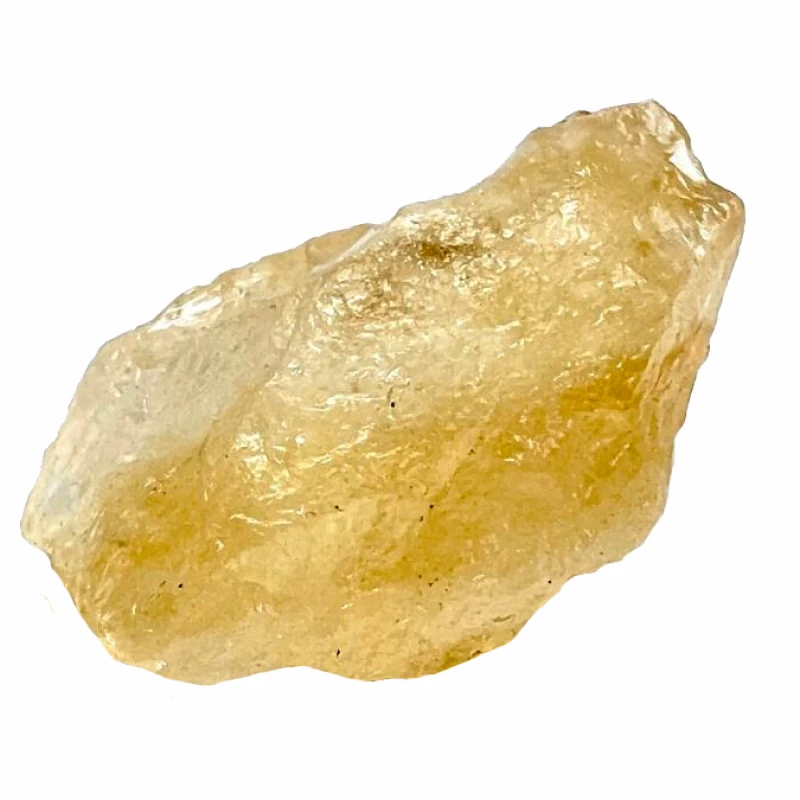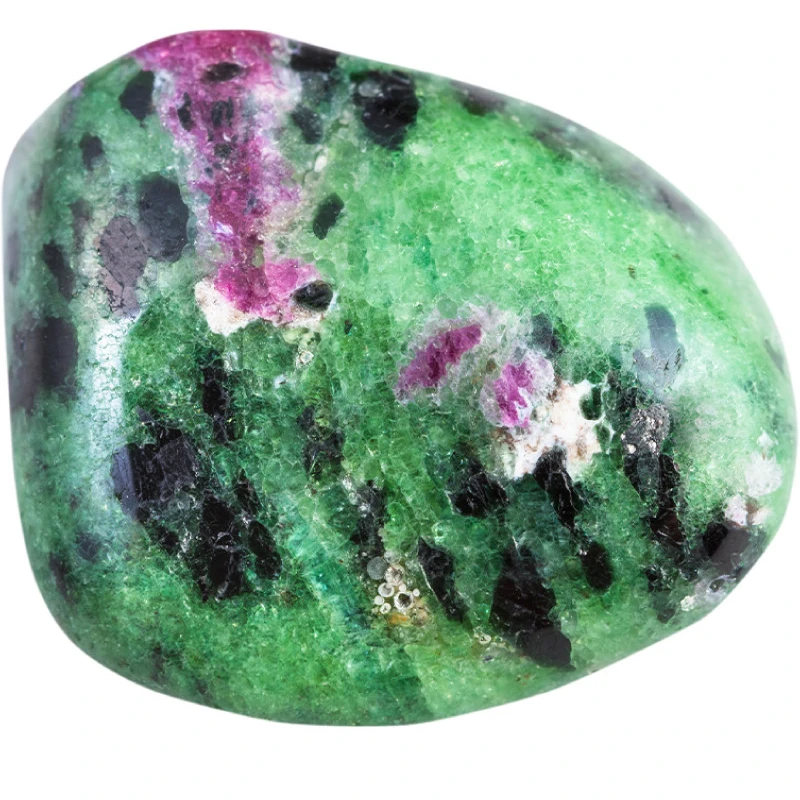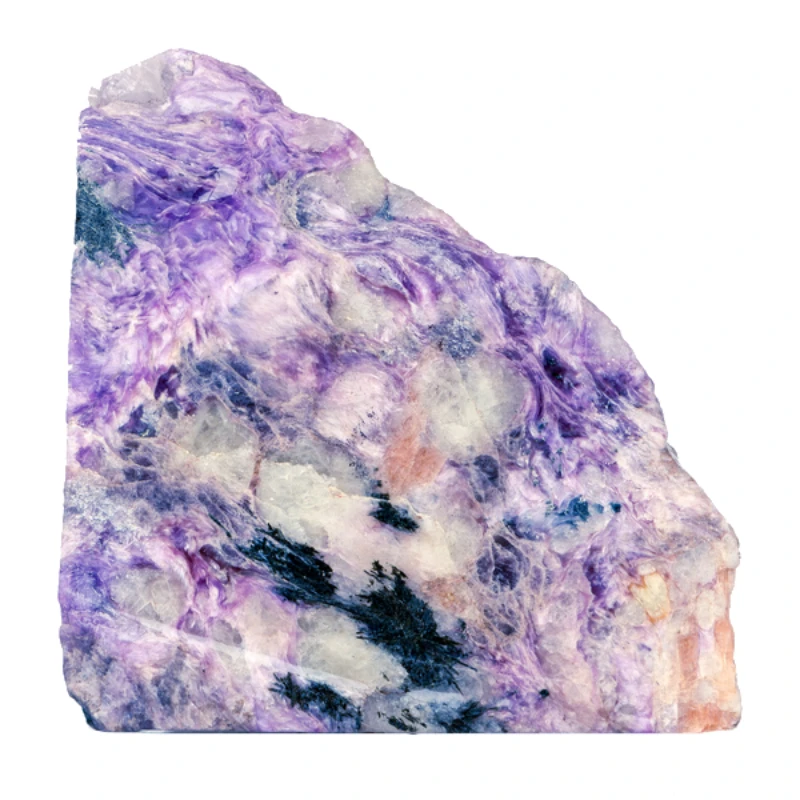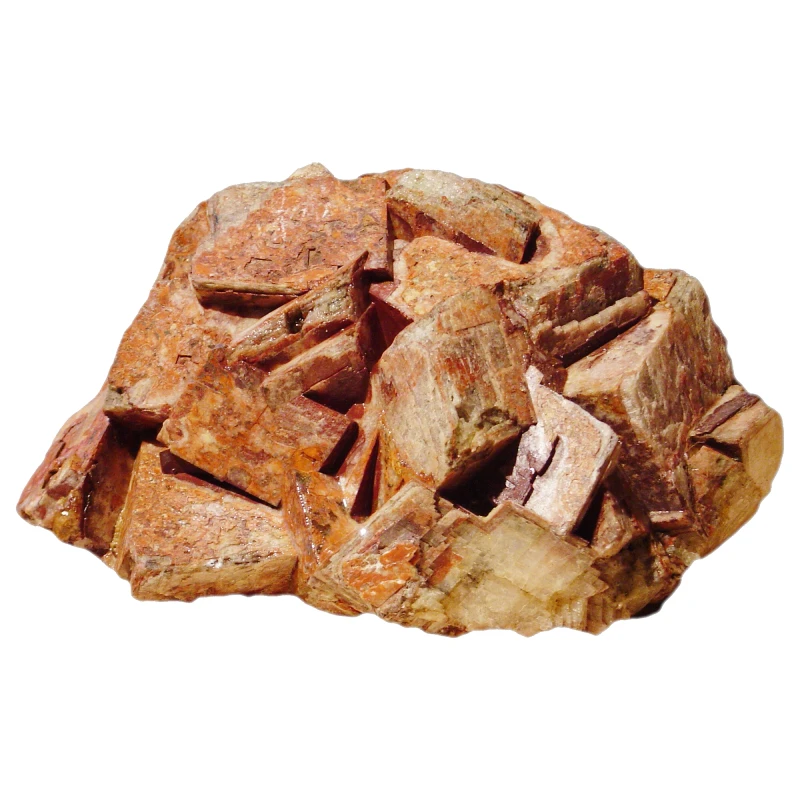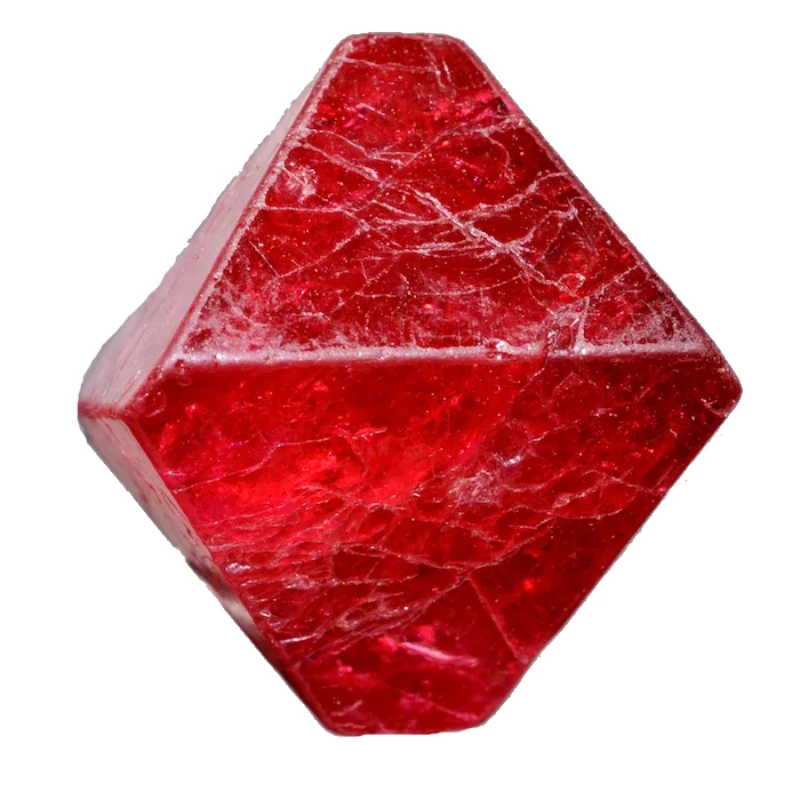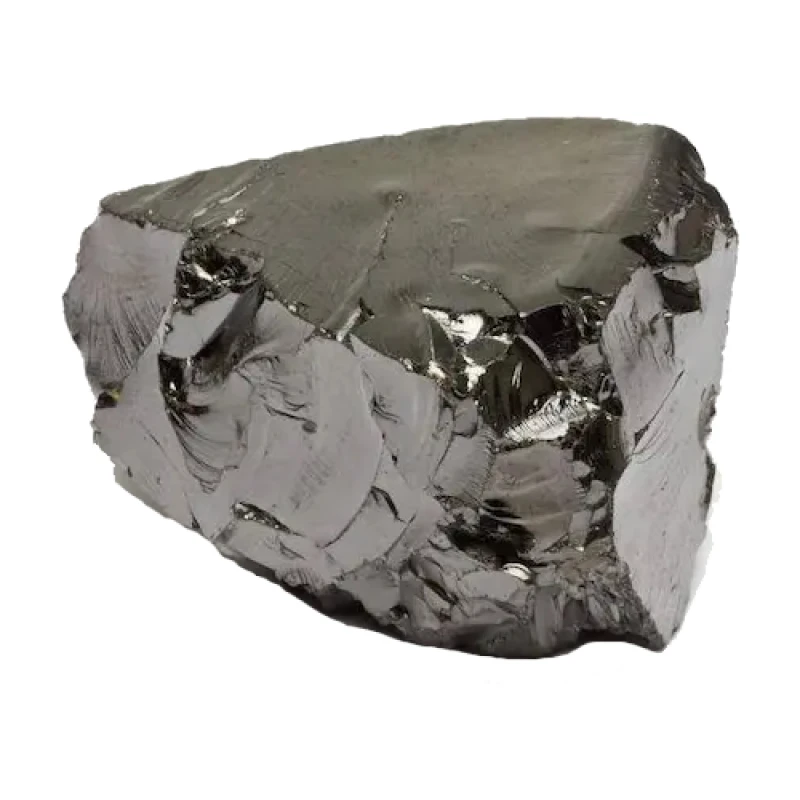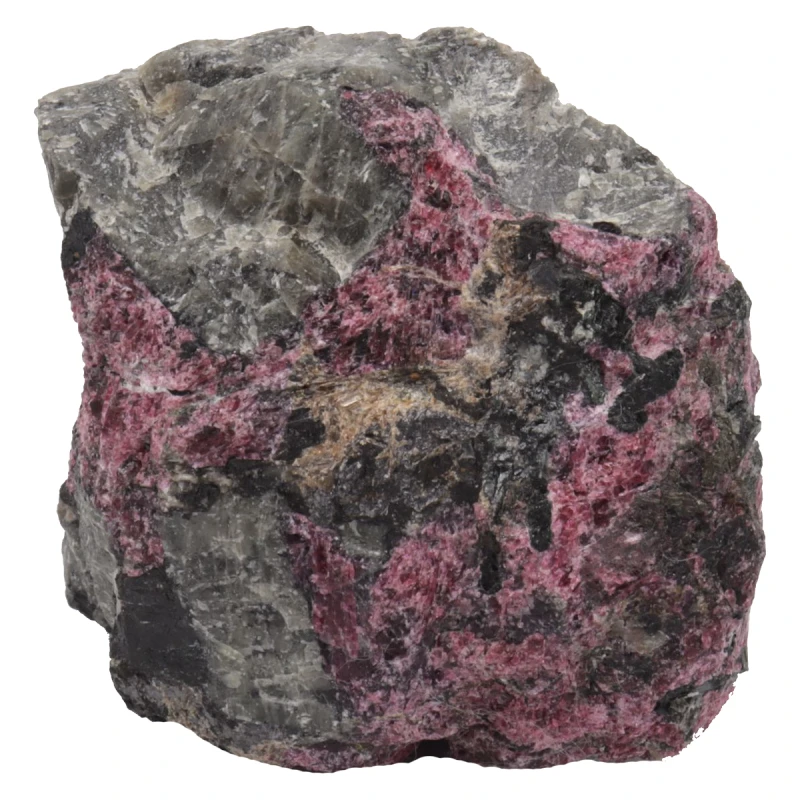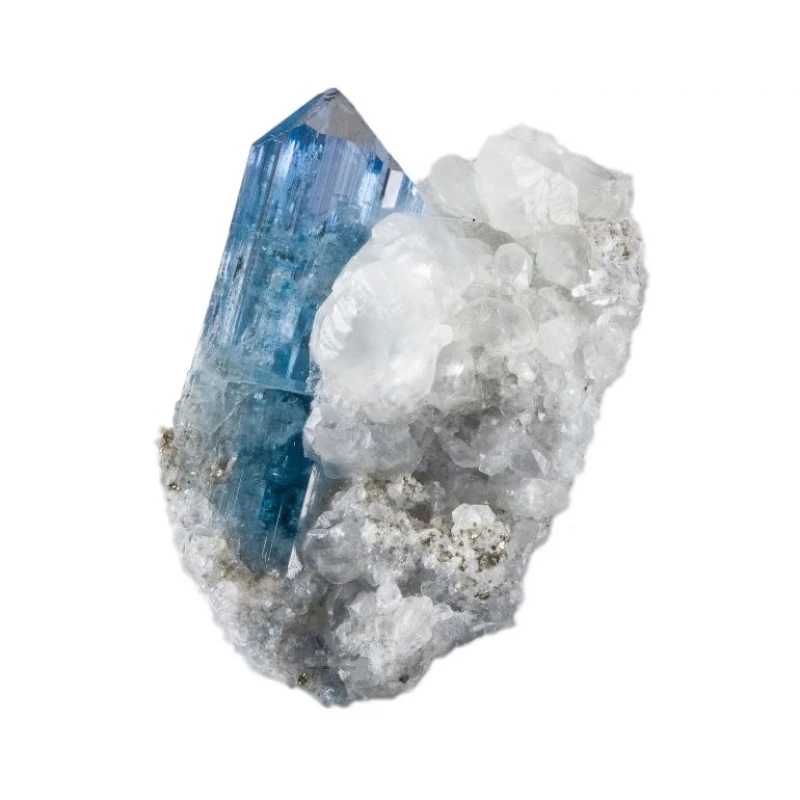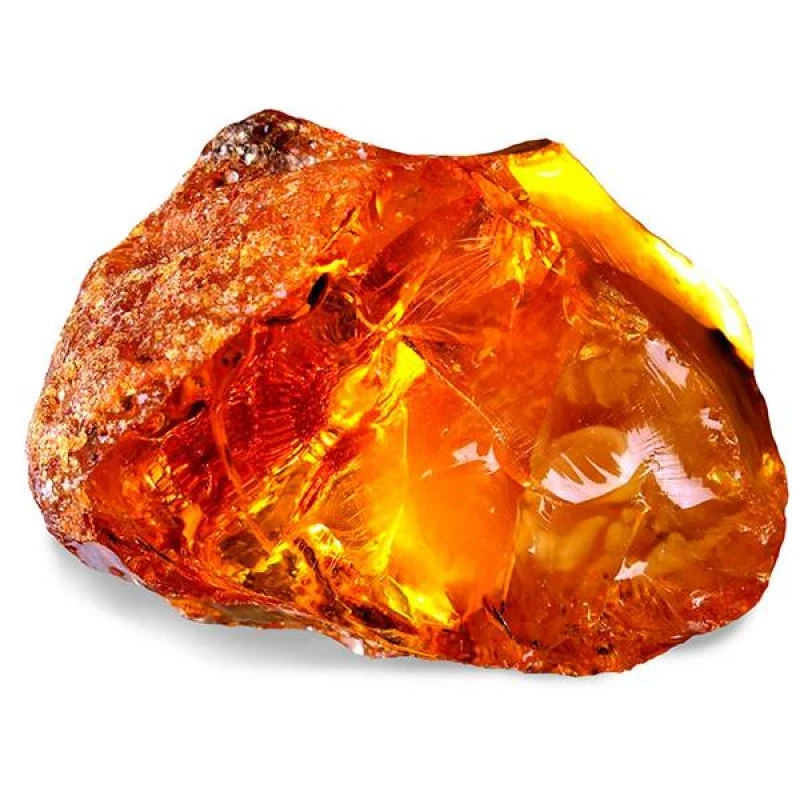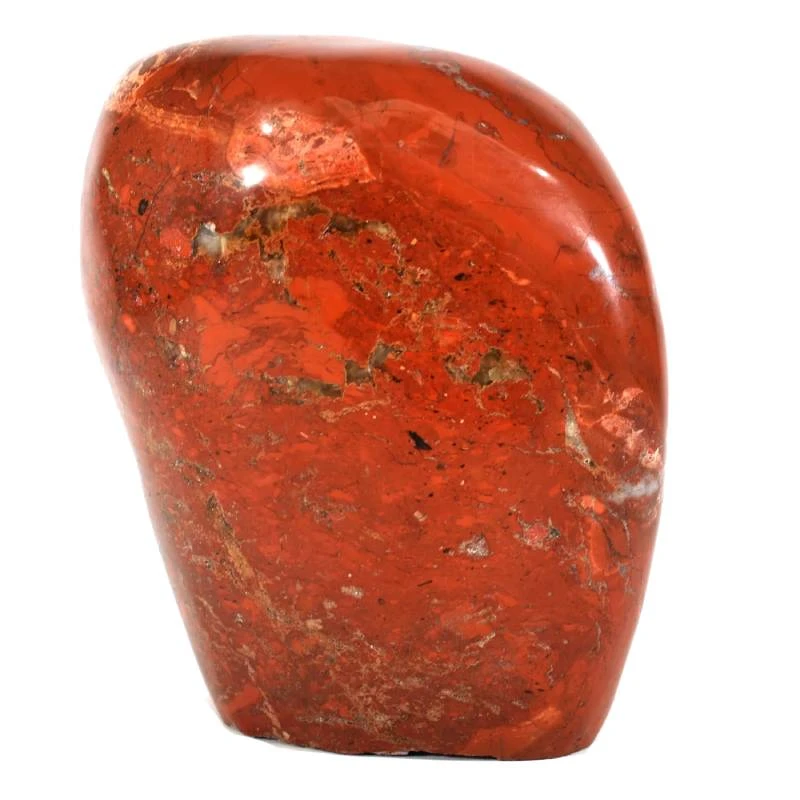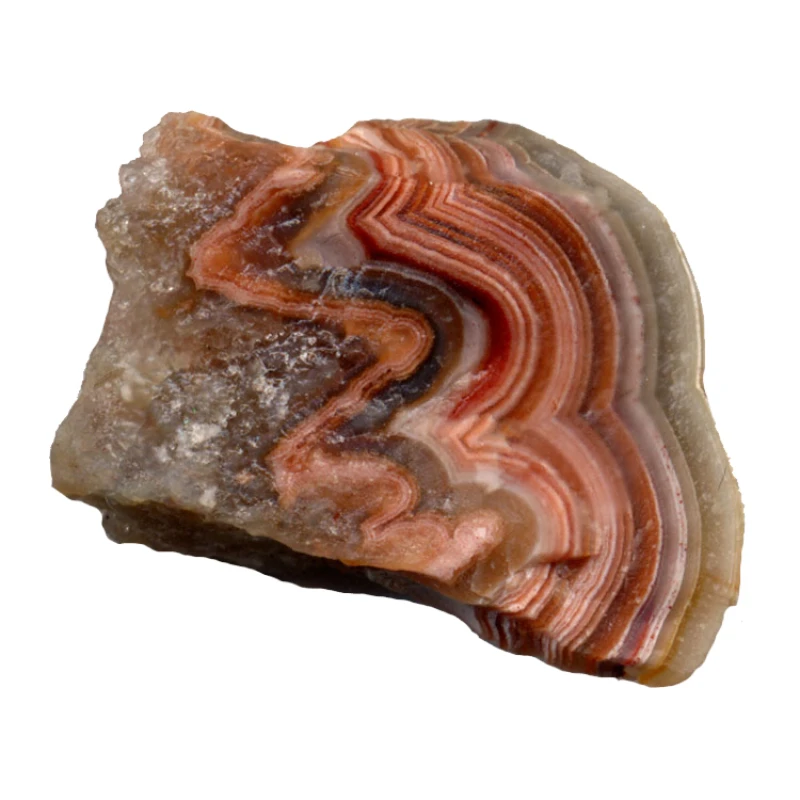Sardonyx
Stone History
Sardonyx is a variety of onyx, characterized by its layered structure of alternating red, white, and brown bands. Its history dates back to ancient times, when it was valued for its beauty and believed to possess powerful magical properties.
-
Ancient Egypt: Sardonyx was used for amulets and seals. It was believed to protect its owner from evil spirits and bring good luck. The stone was often placed in the tombs of pharaohs as a symbol of protection in the afterlife.
-
Ancient Greece and Rome: In classical cultures, sardonyx was carved into cameos and intaglios (engraved gems) used as seals and jewelry. Roman soldiers wore sardonyx talismans, believing the stone would grant them victory in battle.
-
Middle Ages: In medieval Europe, sardonyx was considered the stone of eloquence and was used by speakers and rulers to enhance their speeches and influence. It was also used in religious rituals and ornamentation.
Zodiac
Sardonyx is considered especially beneficial for people born under the zodiac sign Leo.
This stone helps boost confidence, strengthen willpower, and attract good fortune—qualities that align well with Leo’s natural leadership and charisma. Sardonyx supports Leos in maintaining inner balance and amplifying positive energy.
Element
The element associated with sardonyx is Earth. This element symbolizes stability, strength, and grounding—qualities that mirror the protective and fortifying nature of sardonyx.
Sardonyx, linked to Earth energy, helps the wearer remain confident, resilient, and focused on their goals.
Planet
The planet connected to sardonyx is Mars. Mars represents energy, strength, and determination, making sardonyx a stone that enhances willpower and grants courage and resilience.
The Mars energy channeled through sardonyx helps overcome obstacles and achieve goals.
Colors
Sardonyx is known for its distinctive banded patterns in the following colors:
-
Red or Orange-Brown: Associated with energy and vitality.
-
White: Symbolizes purity and clarity.
-
Brown or Dark Brown: Adds an earthy, grounding quality.
These color combinations make sardonyx both visually striking and energetically balanced, promoting harmony and stability.
Chakra
Sardonyx has a strong influence on the Root Chakra (Muladhara), promoting grounding, inner stability, and a sense of safety. It strengthens the connection to the Earth, enhancing self-confidence and resilience in challenging situations.
Magical Properties
Sardonyx is renowned for its magical attributes, long appreciated in spiritual practices:
-
Protection from Negative Energy: Shields the wearer from harmful forces and negative influences.
-
Attracts Good Luck: Enhances success in ventures and helps achieve set goals.
-
Strengthens Willpower and Determination: Builds inner strength and the drive to win.
-
Strengthens Marital Bonds: Promotes harmony in relationships, fostering love and fidelity.
-
Cleanses Space: Used to dispel negativity and create a favorable atmosphere.
-
Enhances Intuition: Assists in making wise decisions and avoiding danger.
Healing Properties
Sardonyx offers a range of healing properties used in lithotherapy:
-
Immune System Boost: Believed to strengthen immunity and help the body resist illness.
-
Improves Skin Health: Used to treat skin conditions and speed wound healing.
-
Supports Tissue Regeneration: Aids in cellular renewal and accelerates healing processes.
-
Reduces Stress and Anxiety: Soothes the nervous system and promotes emotional well-being.
-
Supports Reproductive Health: Thought to aid fertility and reproductive function.
-
Stimulates Metabolism: Enhances metabolic activity and helps maintain energy and health.
Mining Locations
Sardonyx is mined in various regions around the world. The main sources include:
-
India: One of the largest suppliers, known for high-quality specimens.
-
Brazil: Known for striking sardonyx with pronounced banding.
-
Uruguay: Hosts major deposits, often found with agate.
-
USA: Found in states such as Montana and Arizona.
-
Russia: Mined in the Ural Mountains, alongside other minerals.
-
Germany: Some deposits exist in specific regions of the country.
These regions are known for producing high-quality sardonyx used in jewelry and crystal healing.
Other articles in this section
